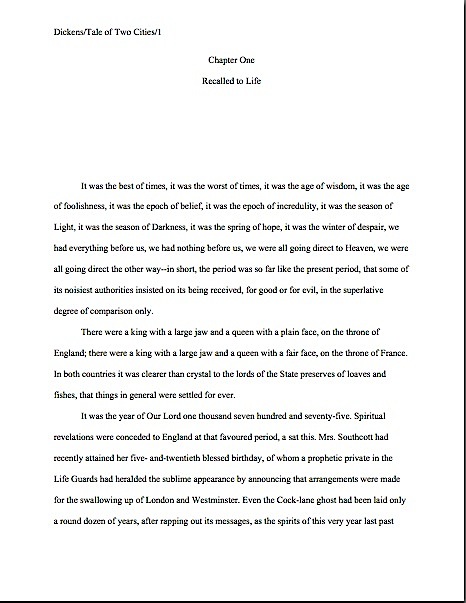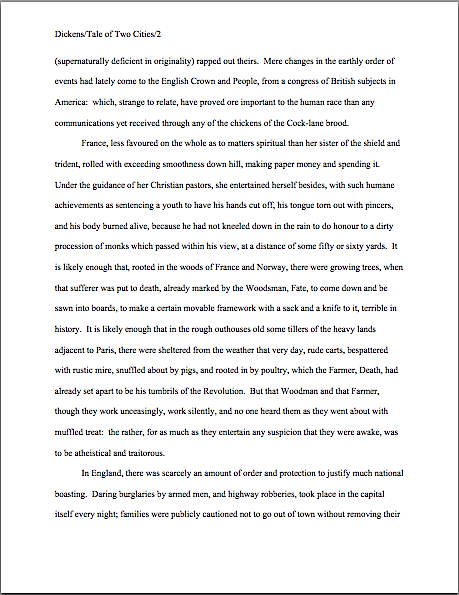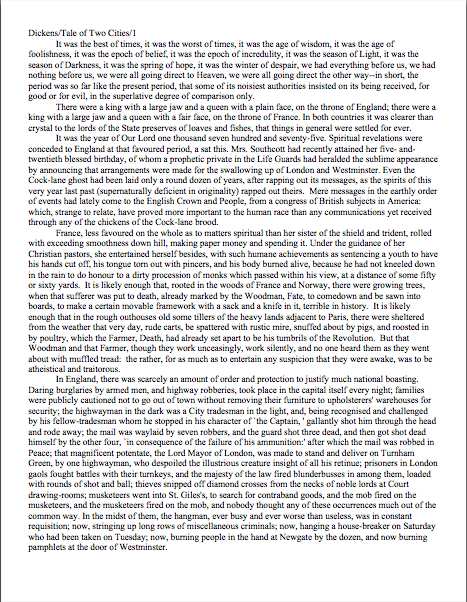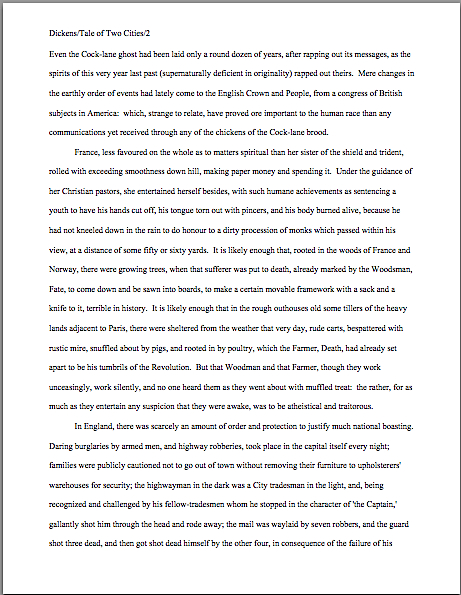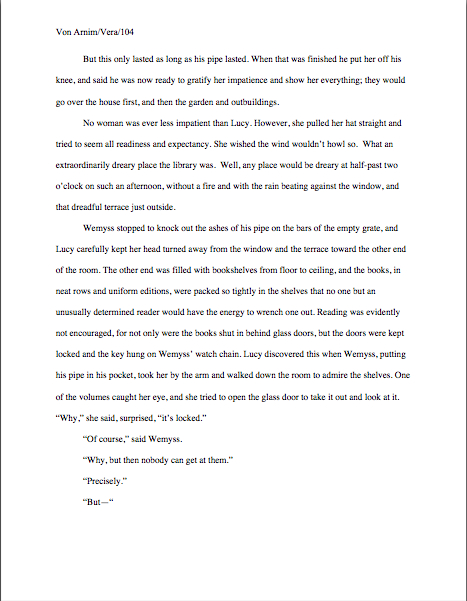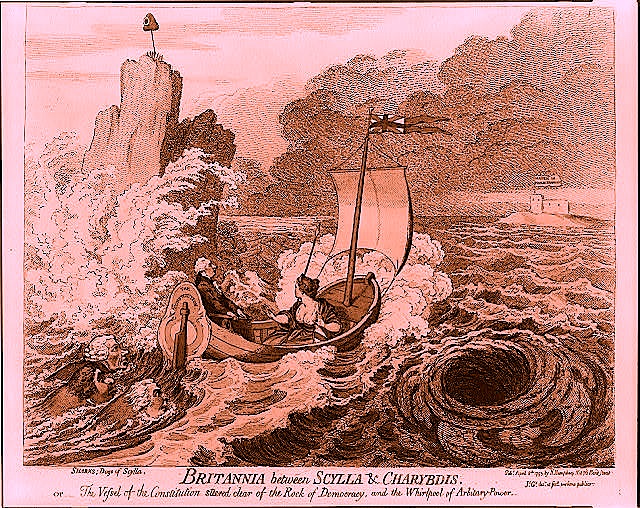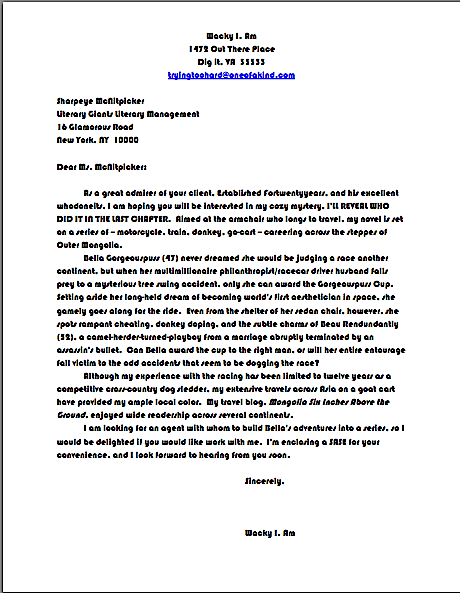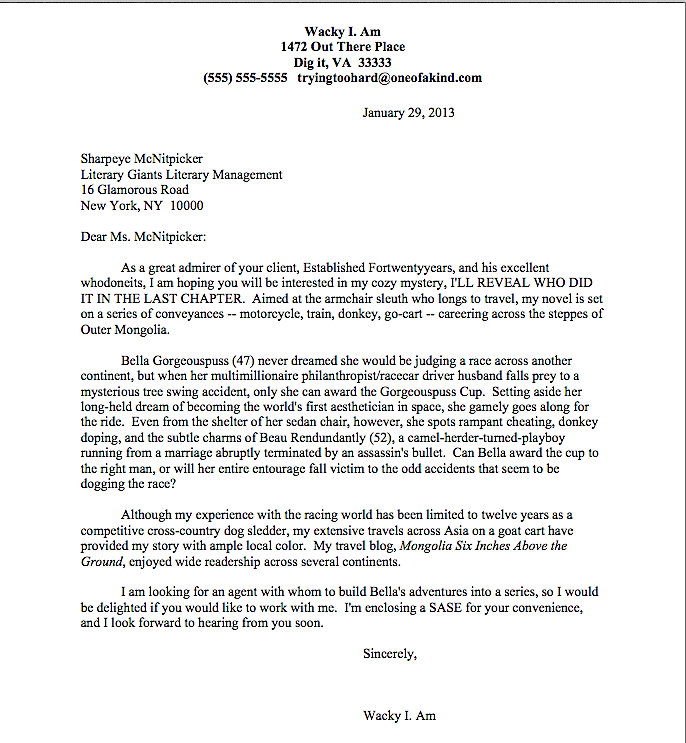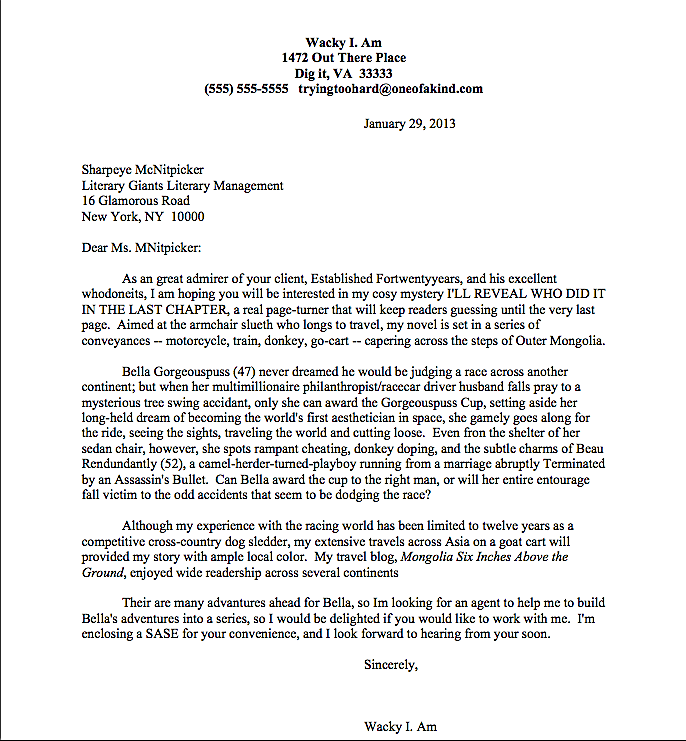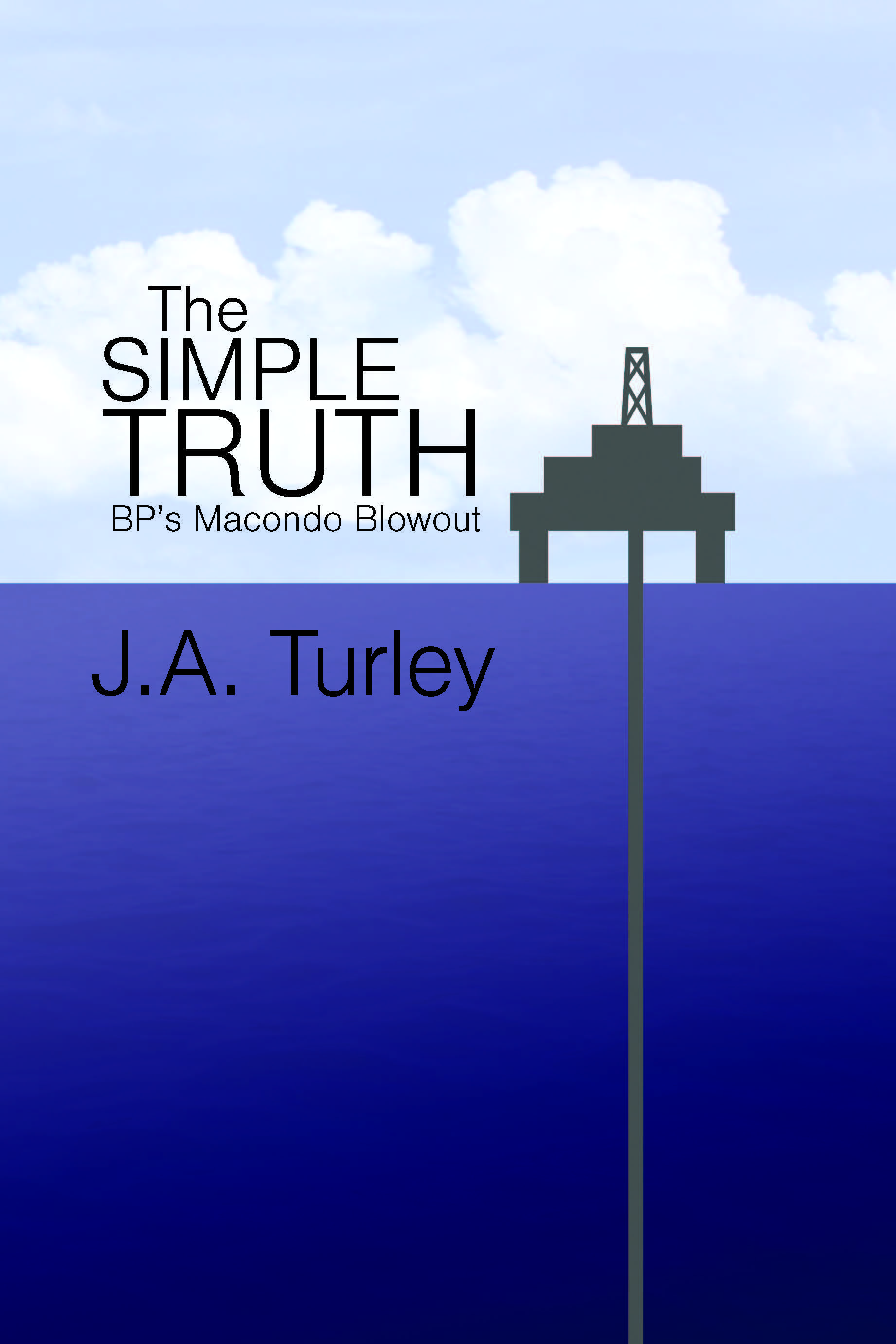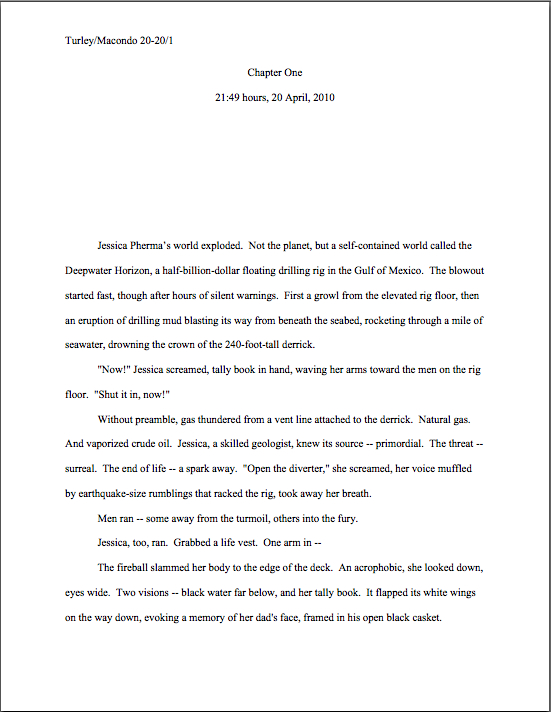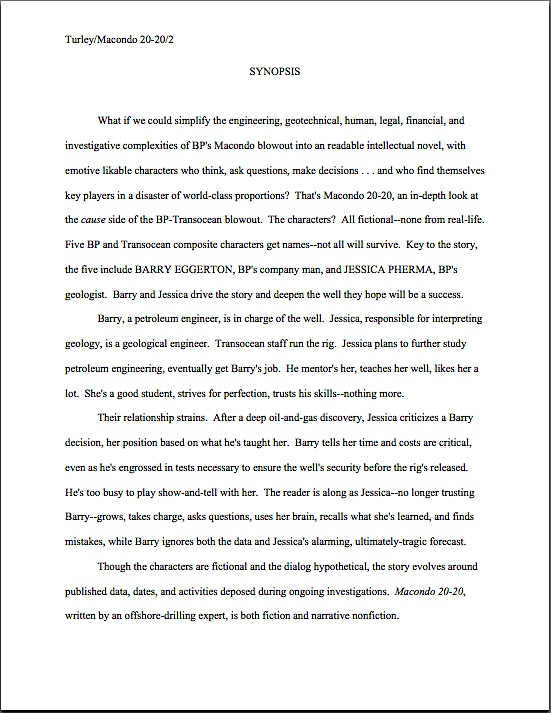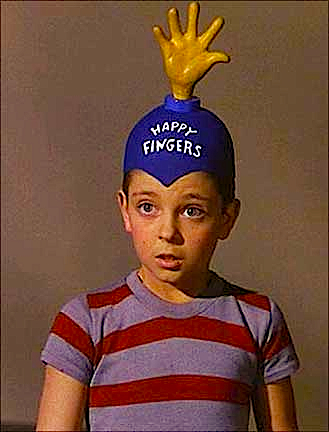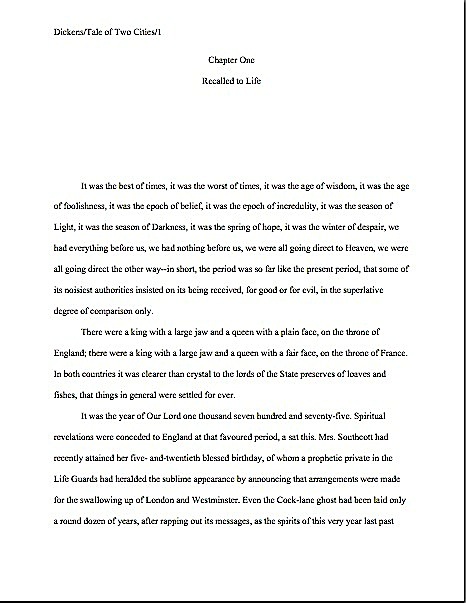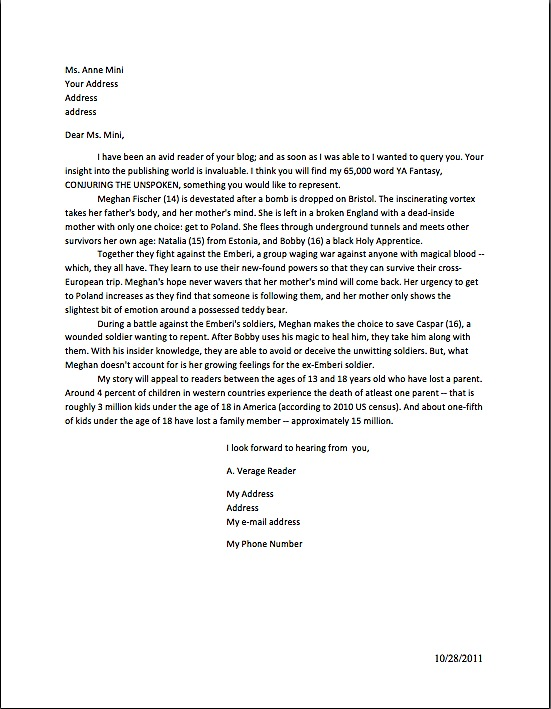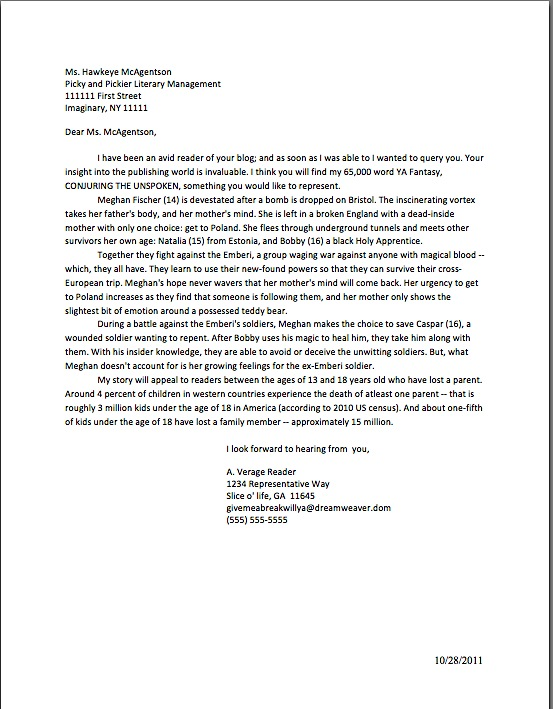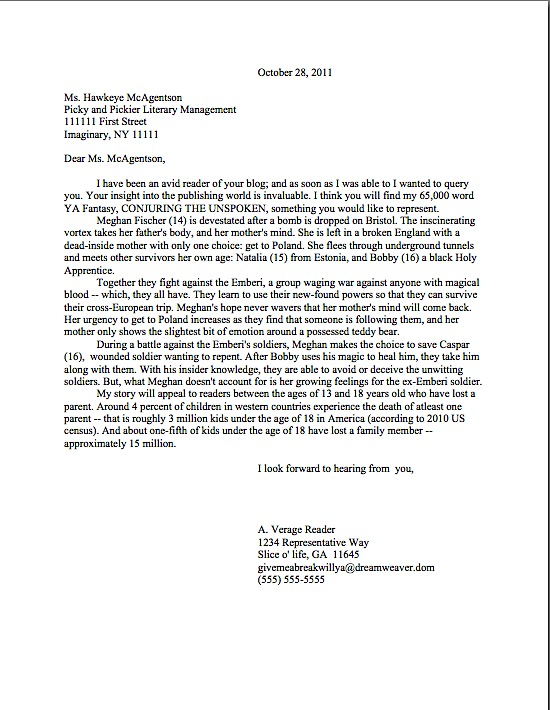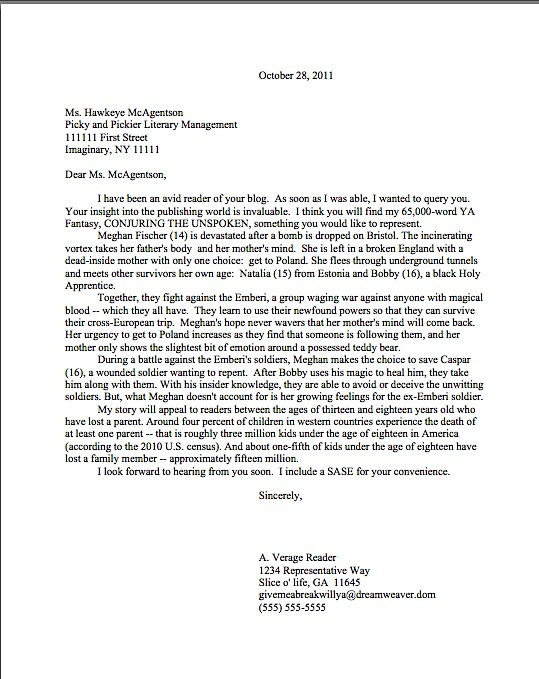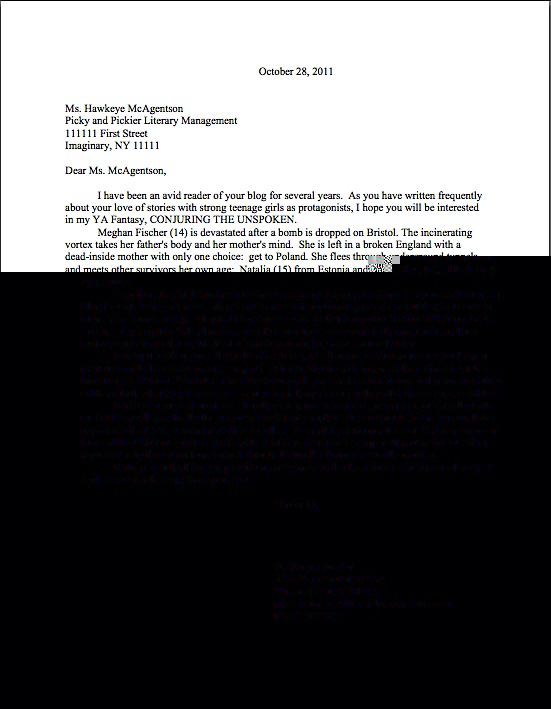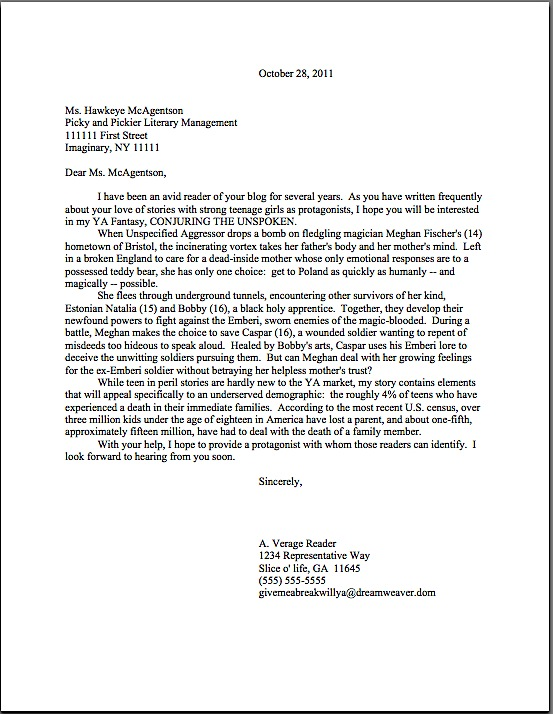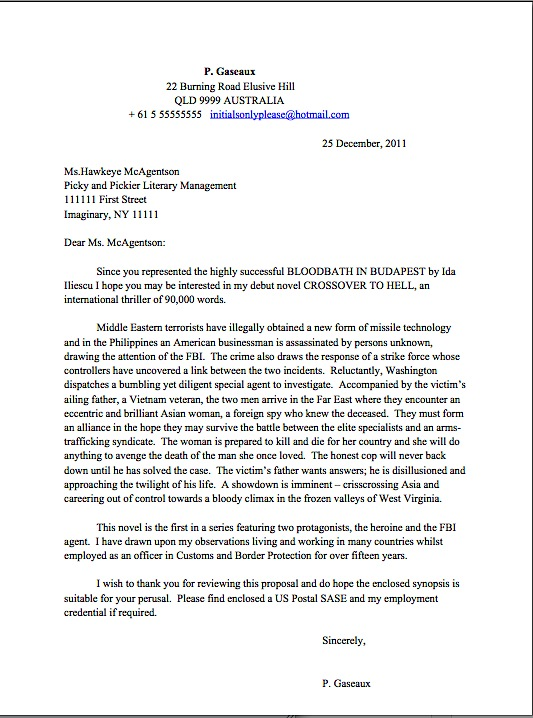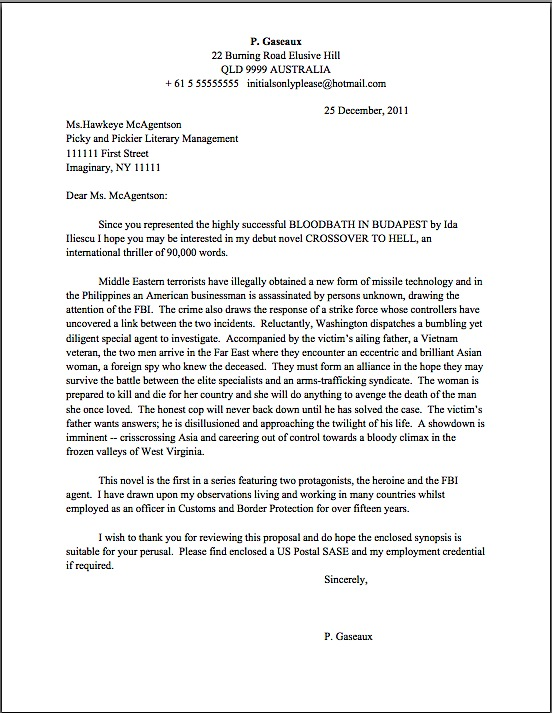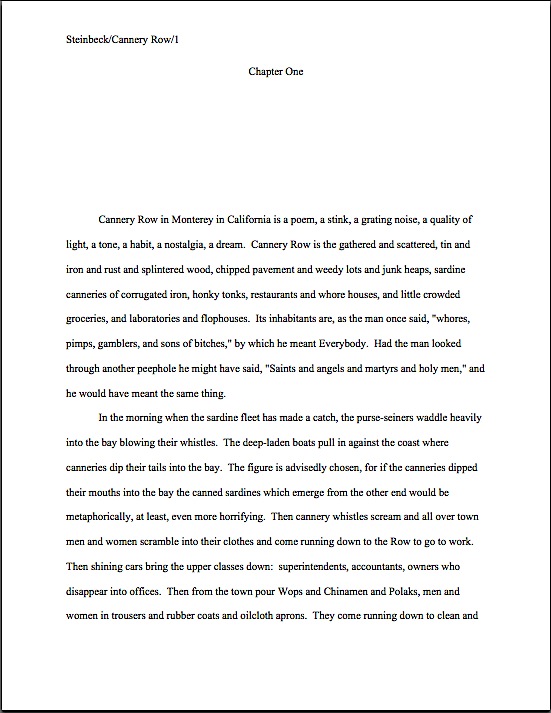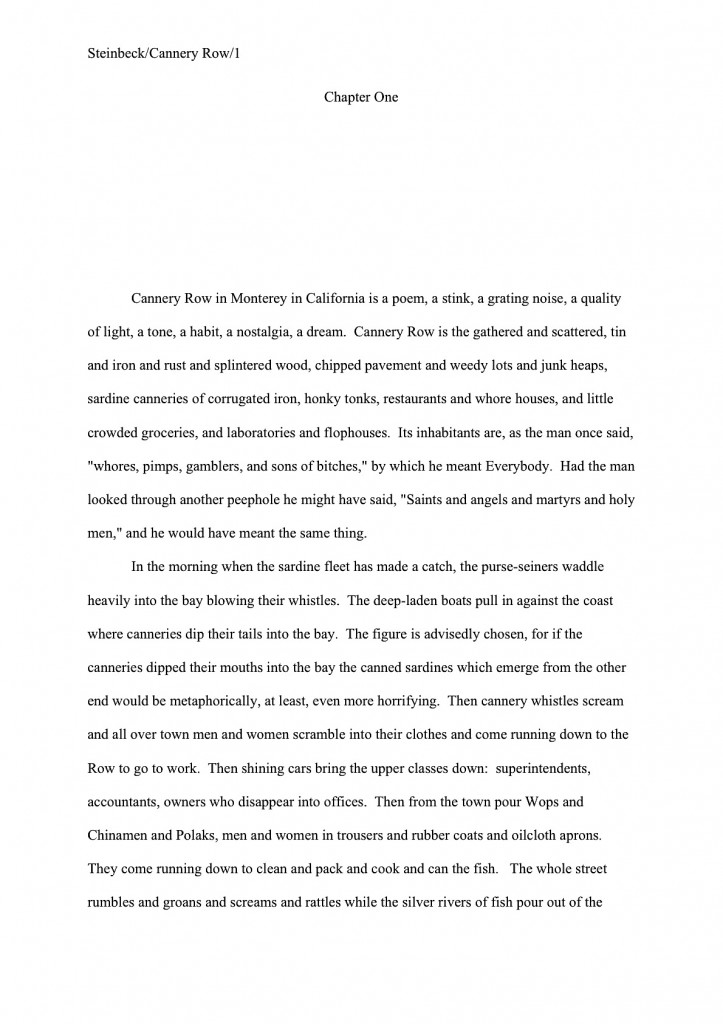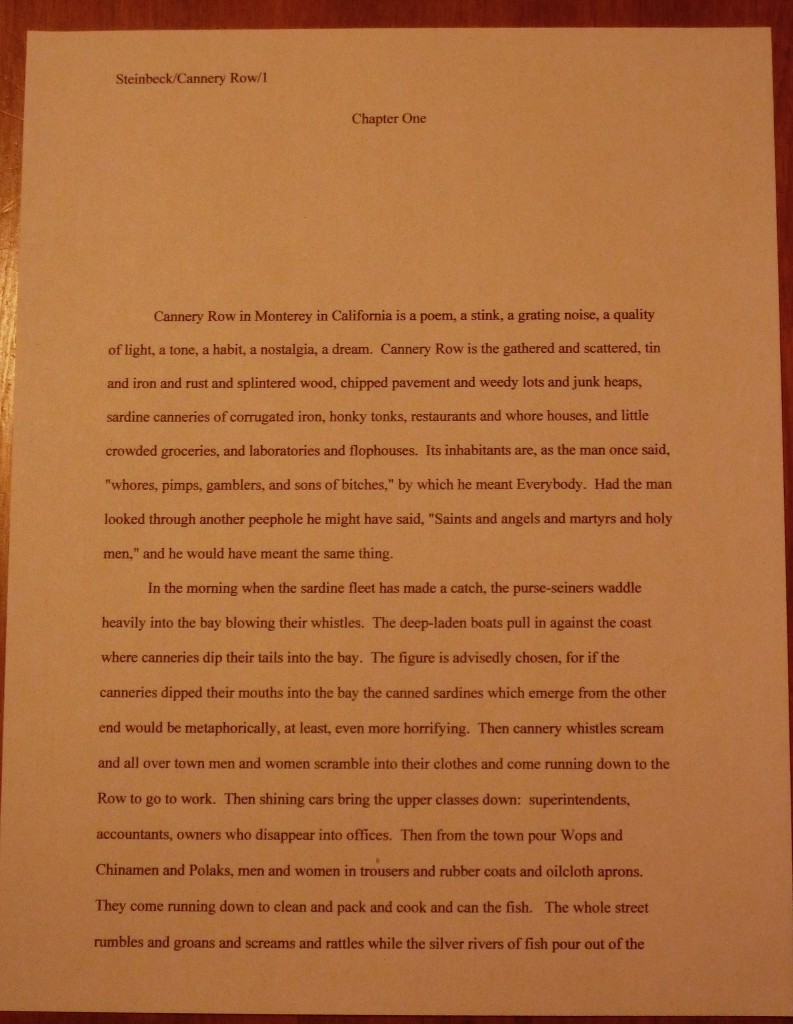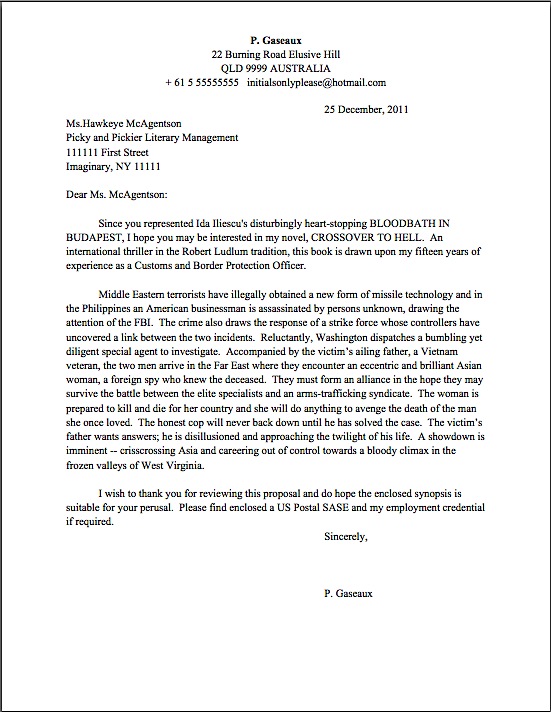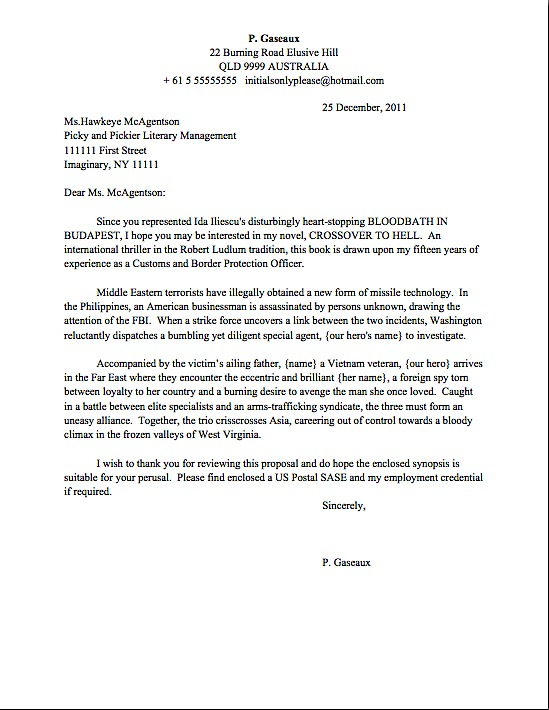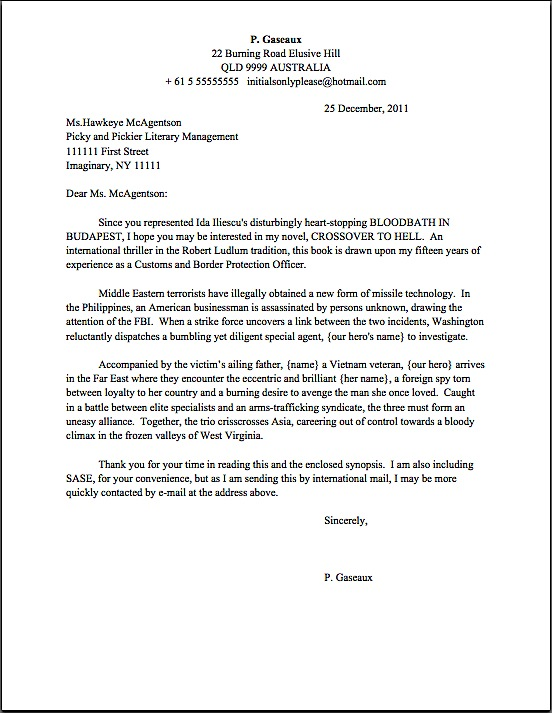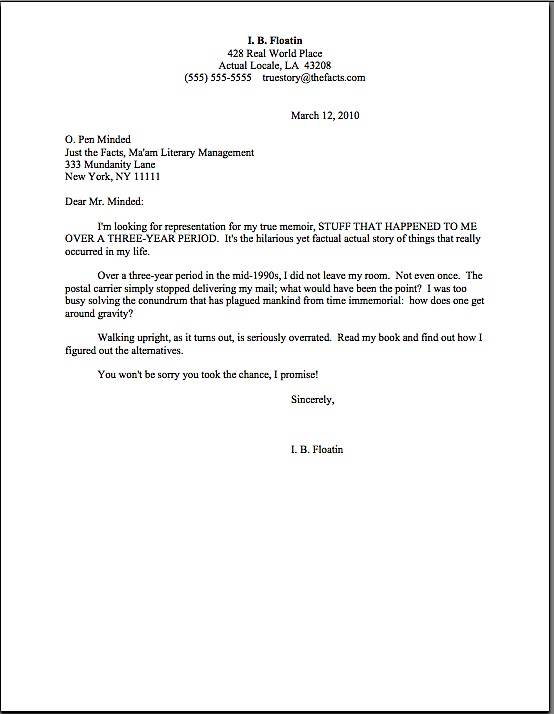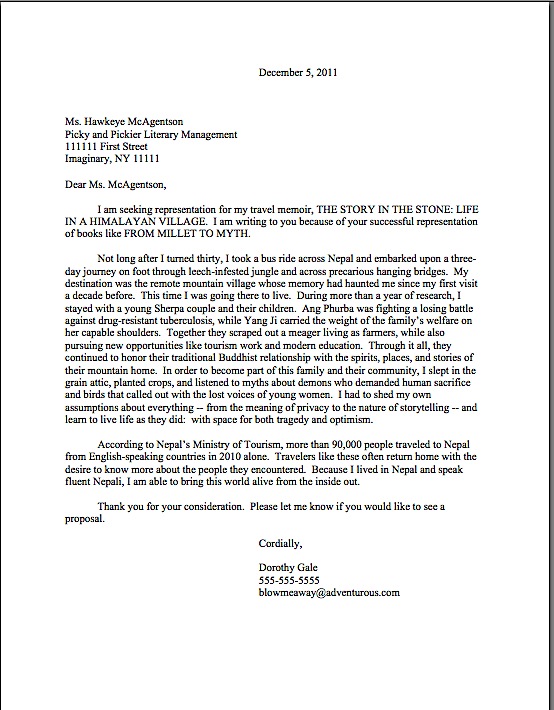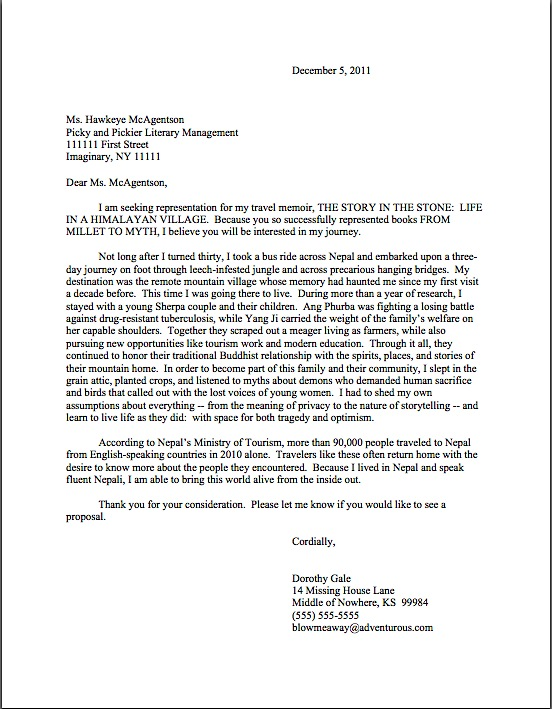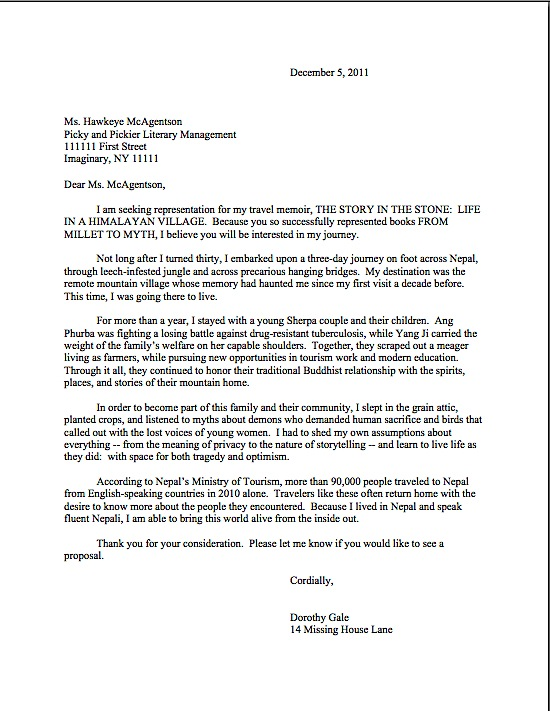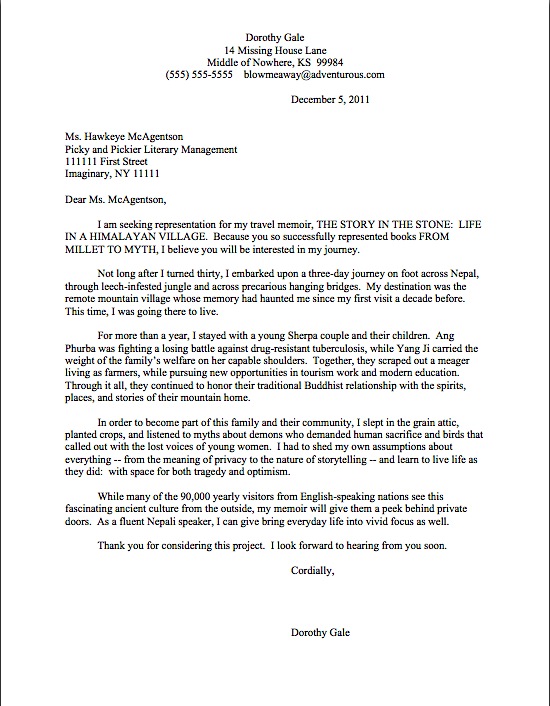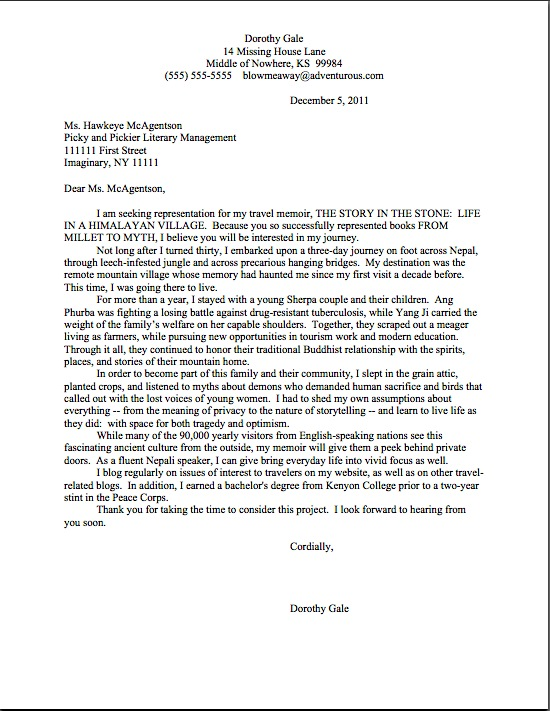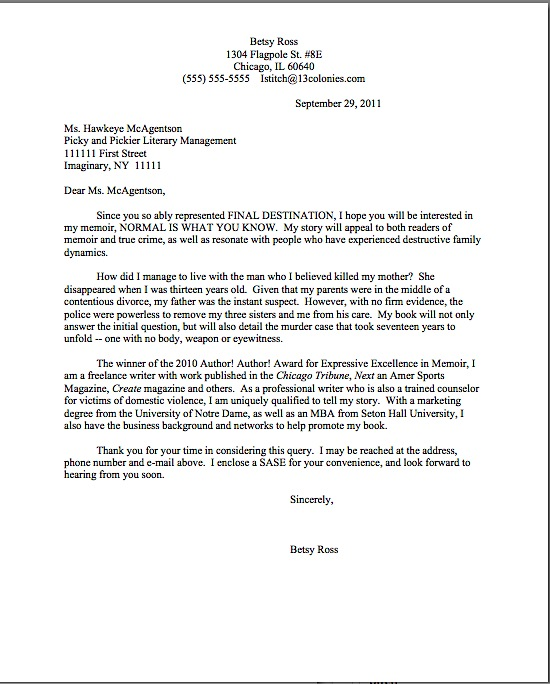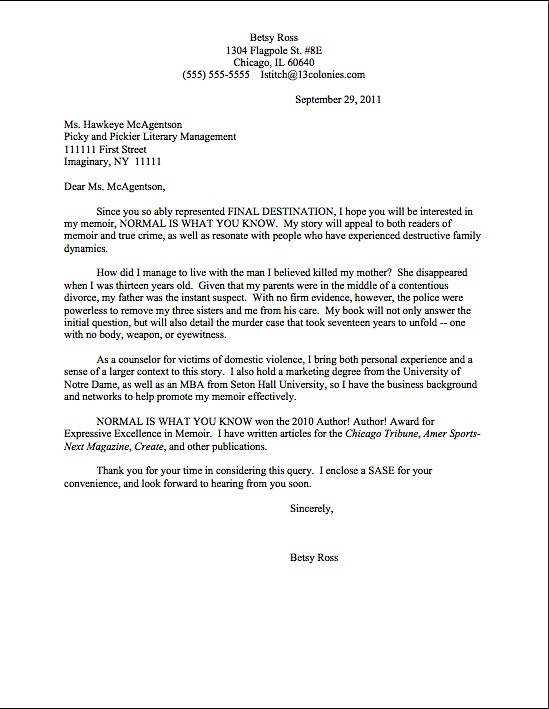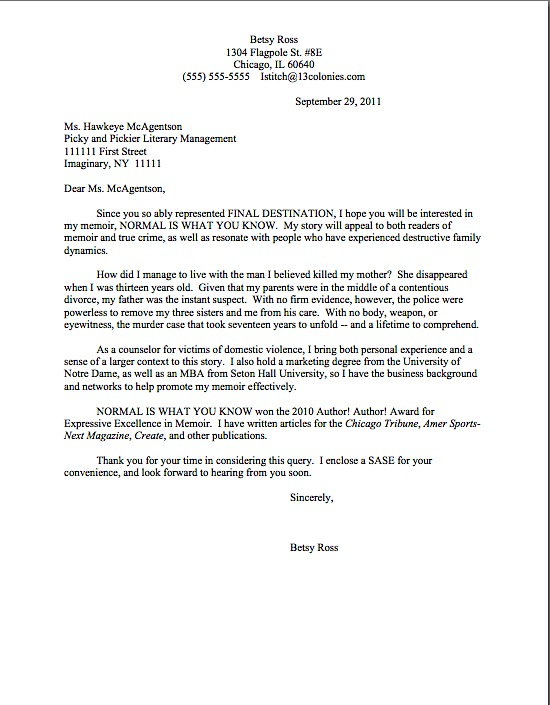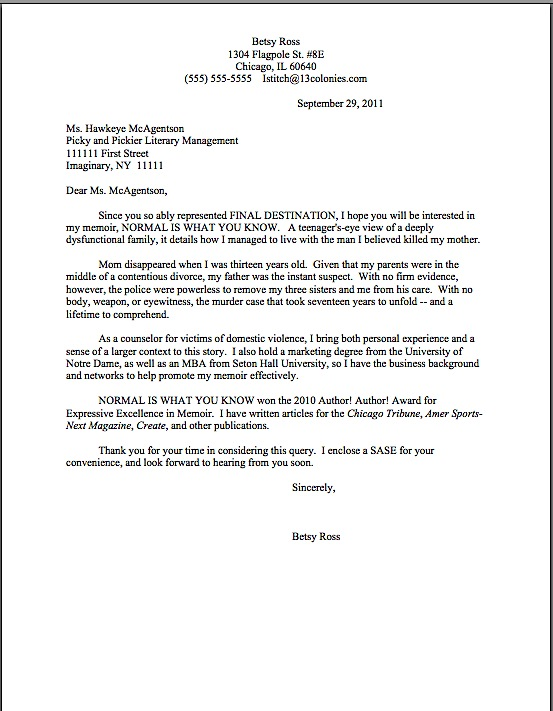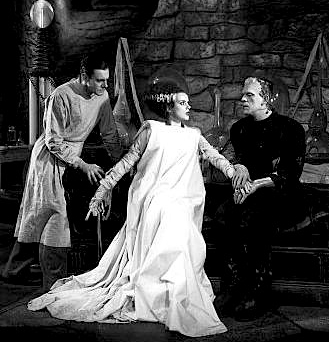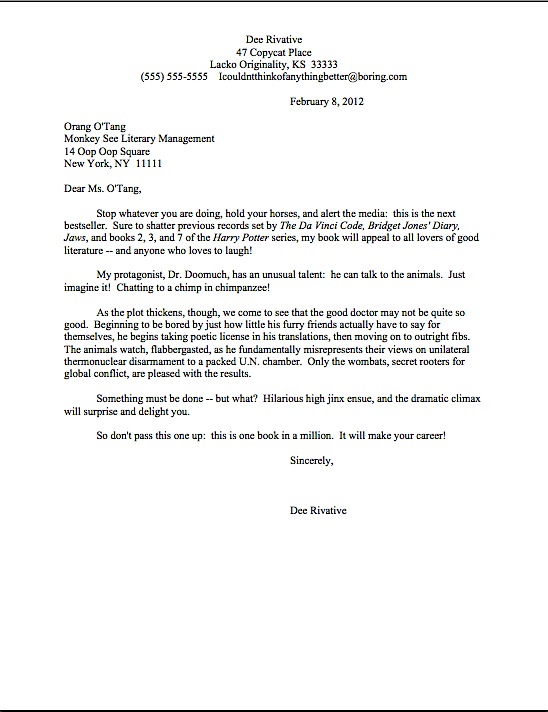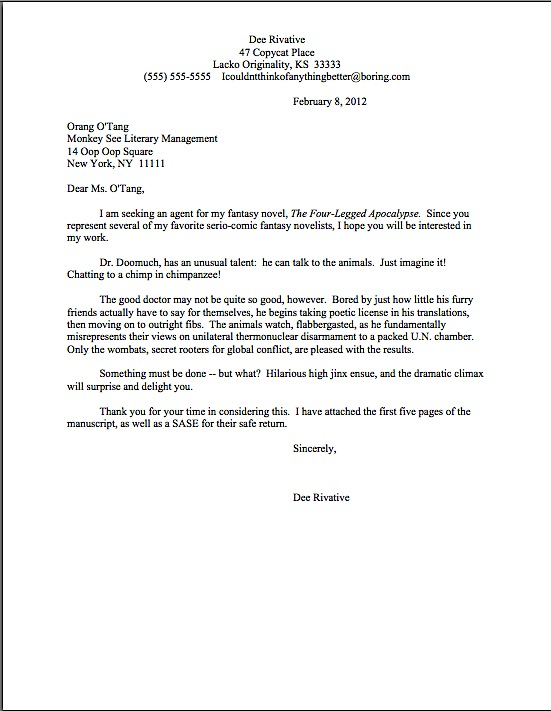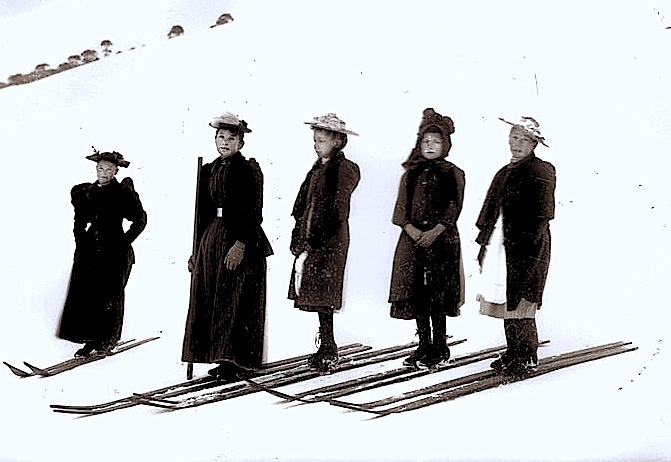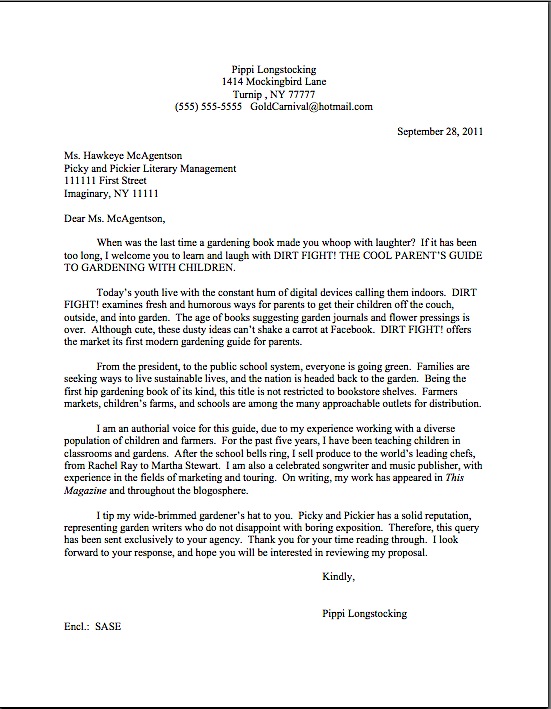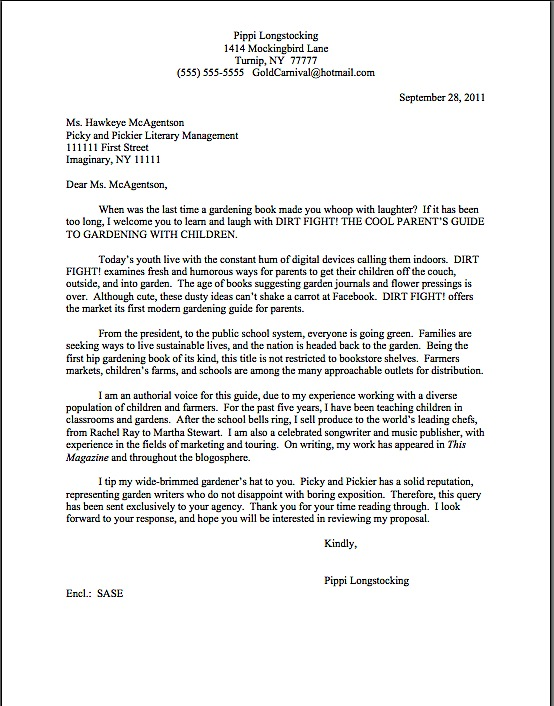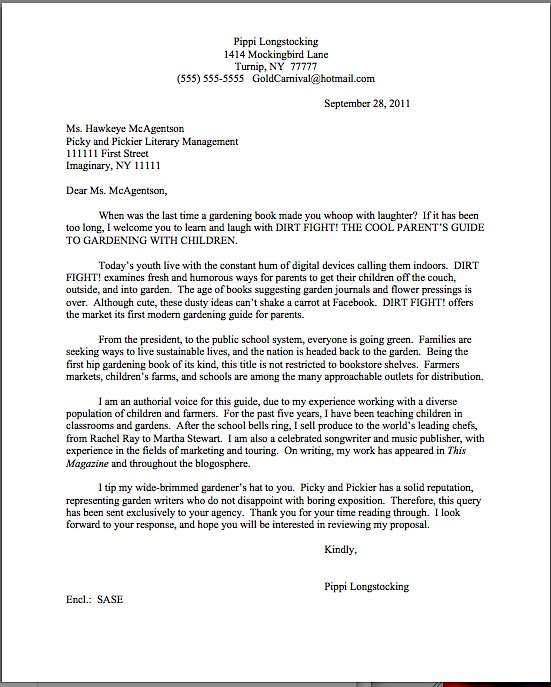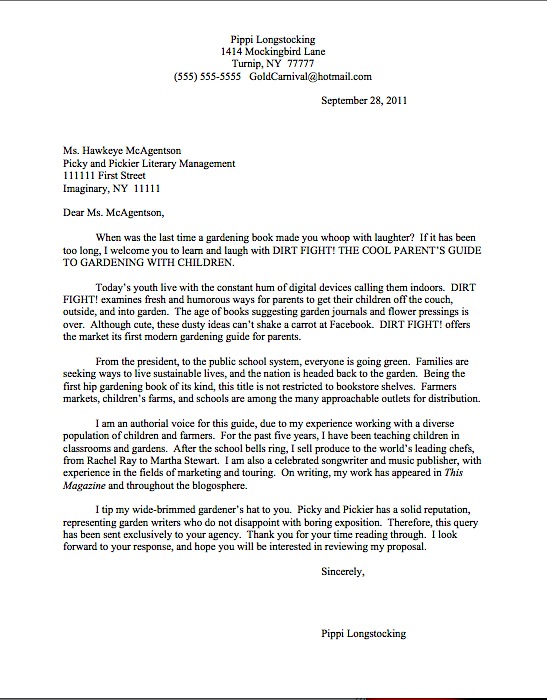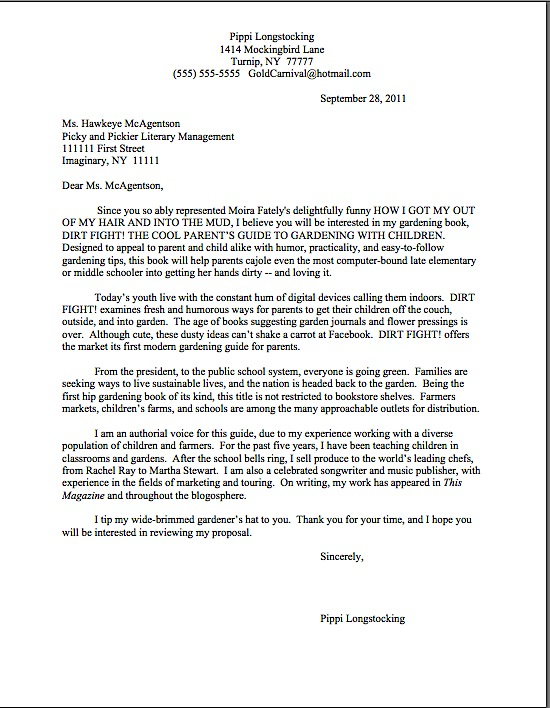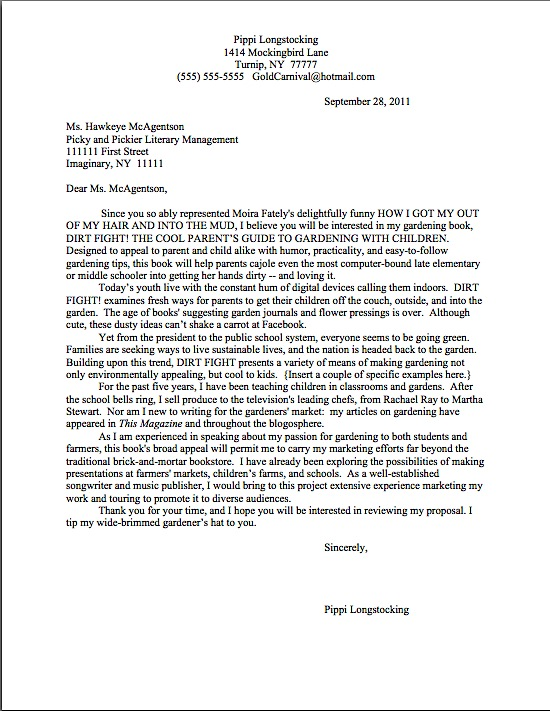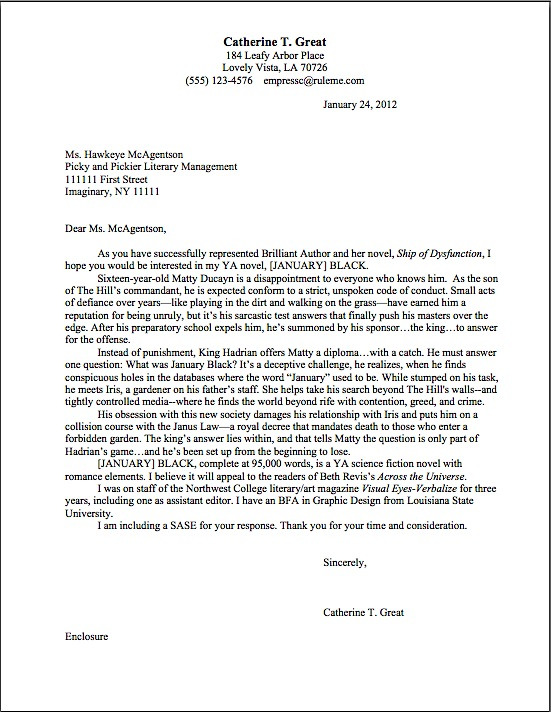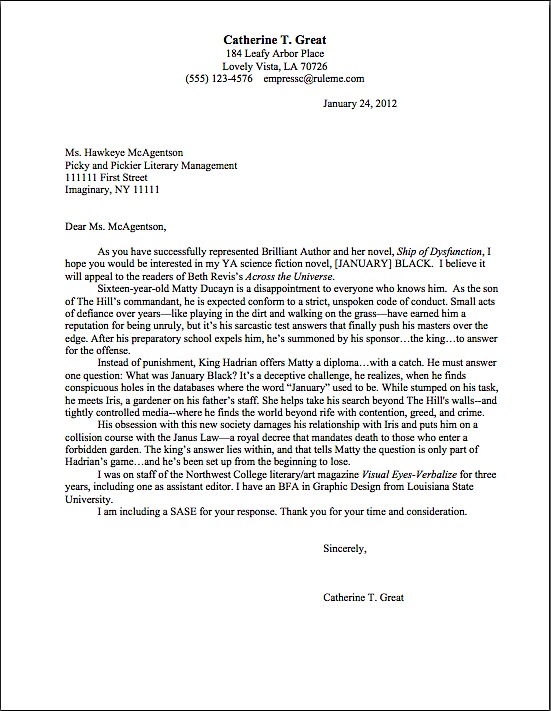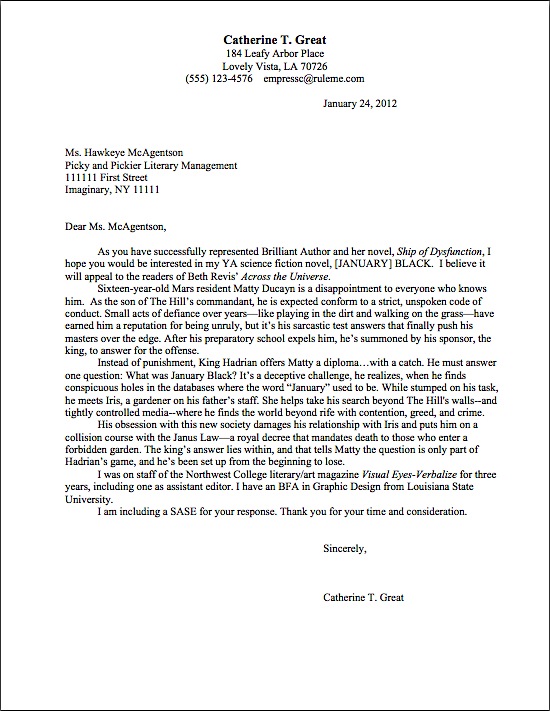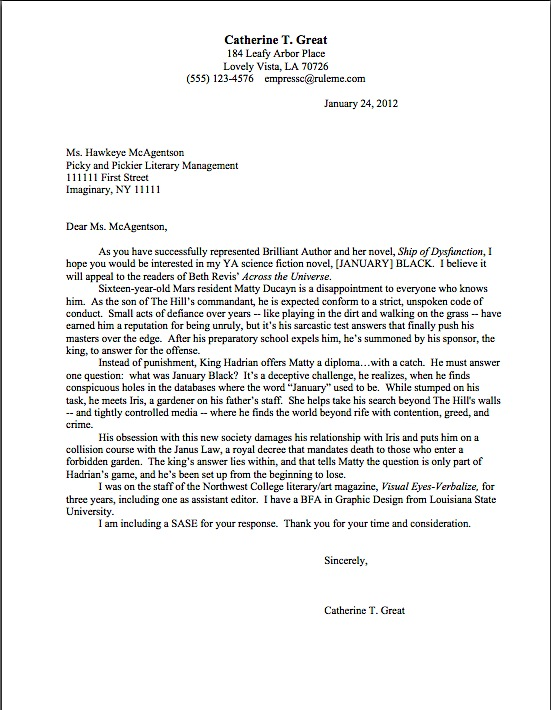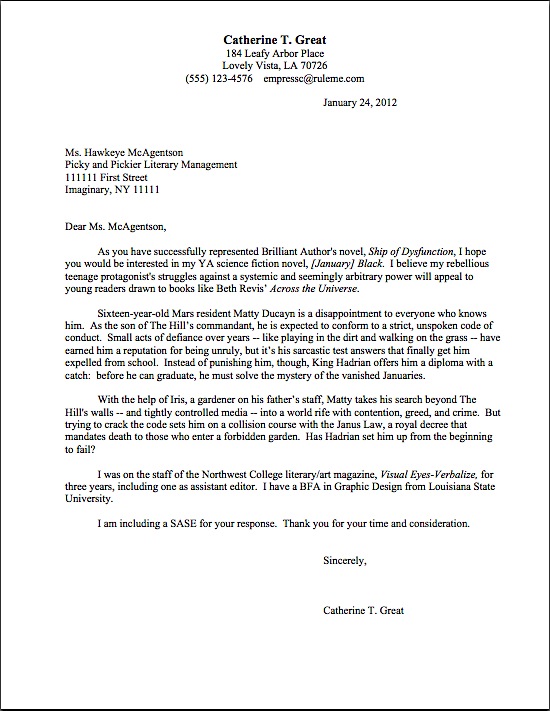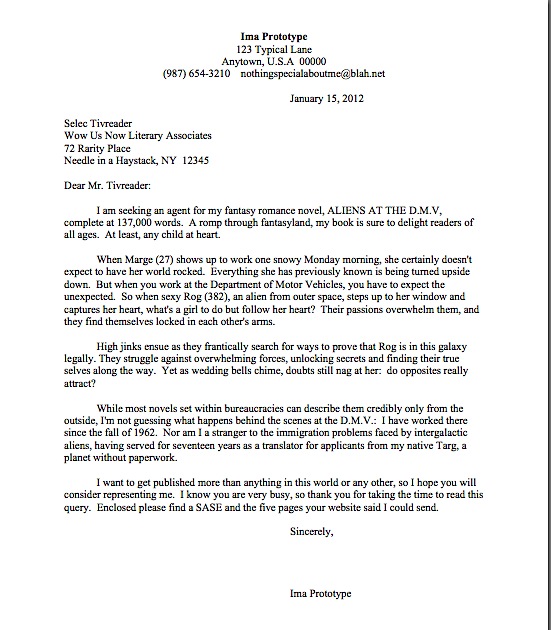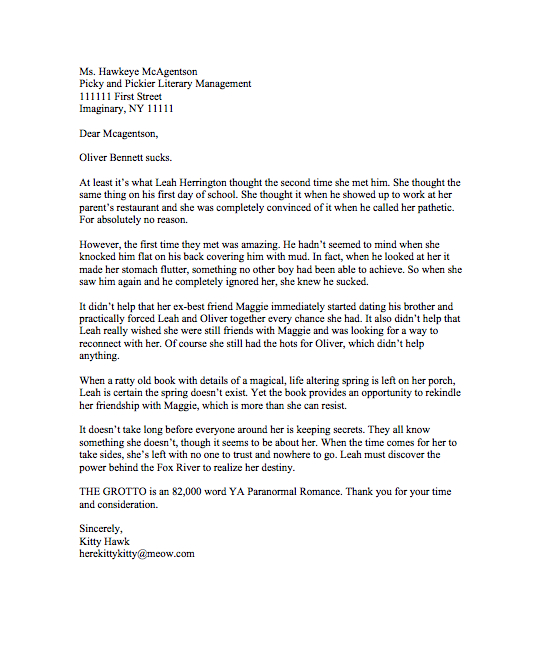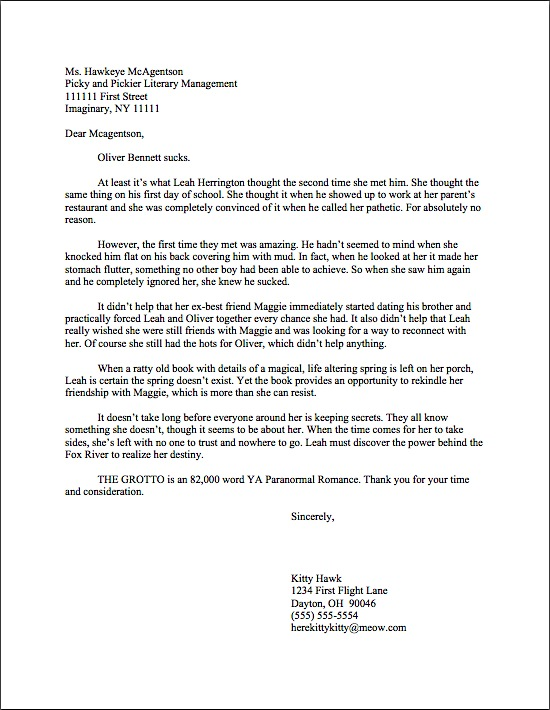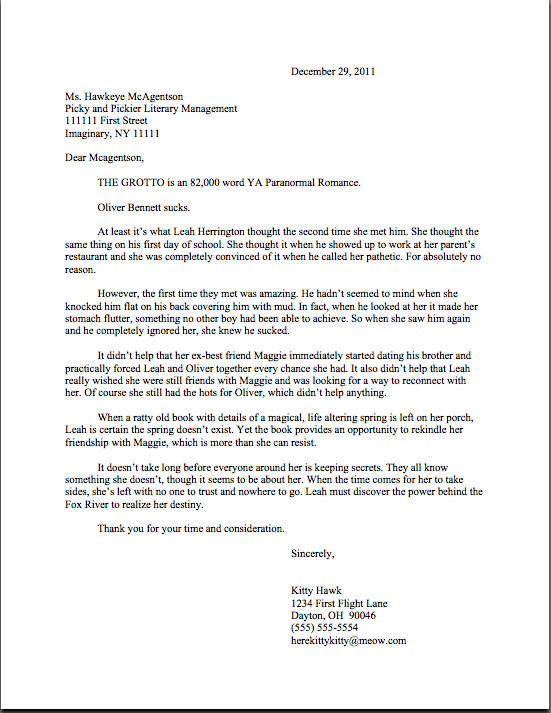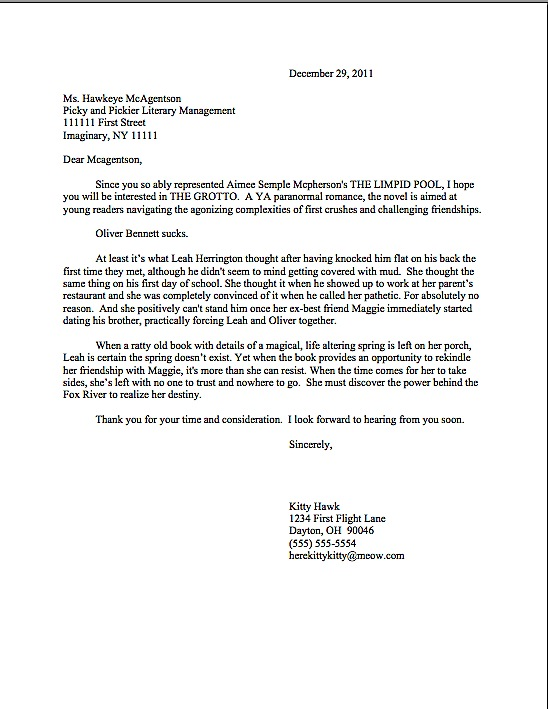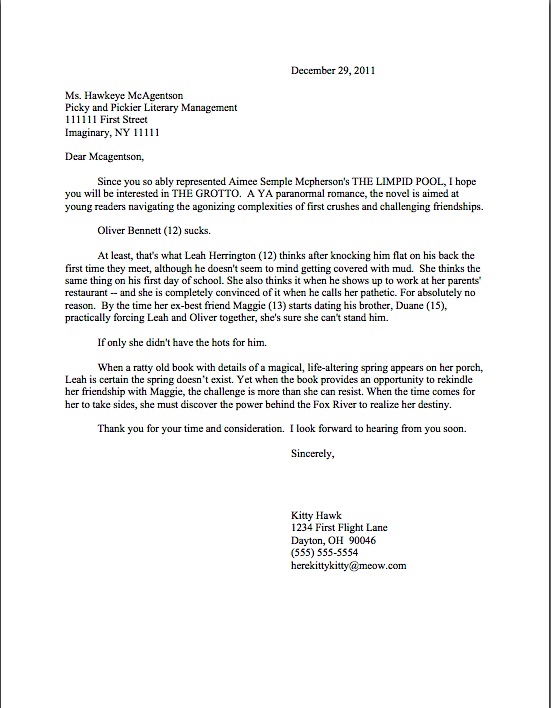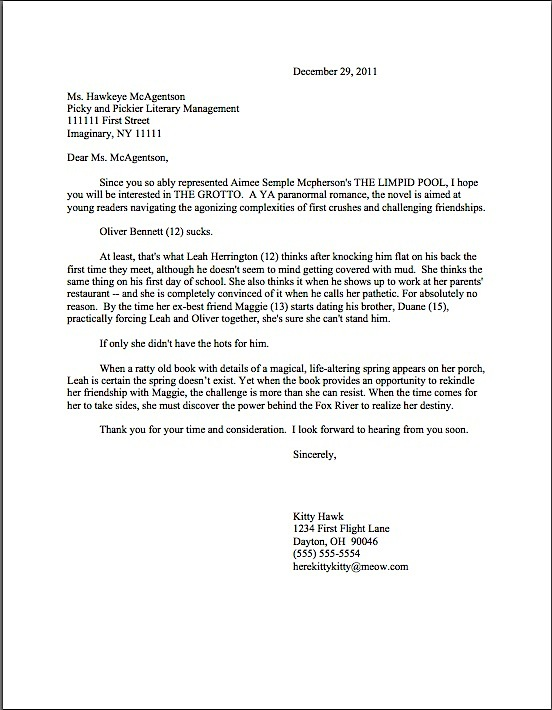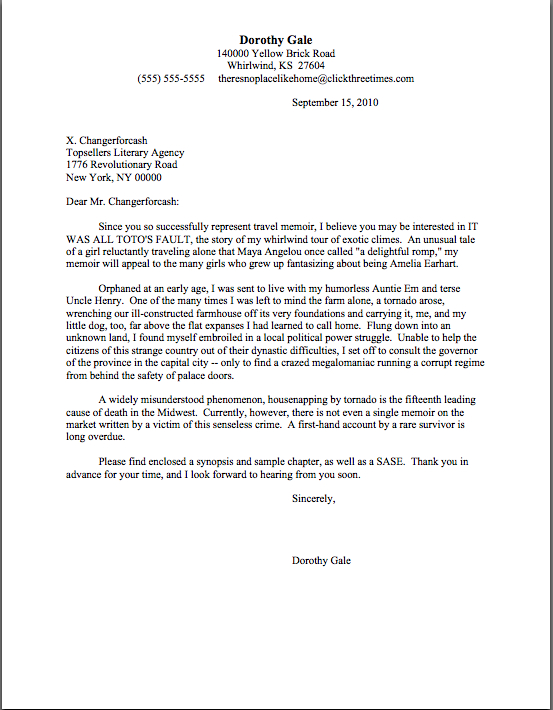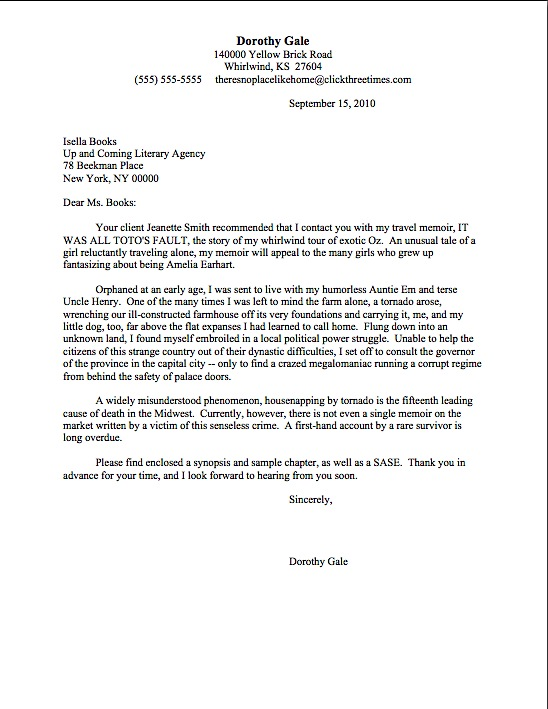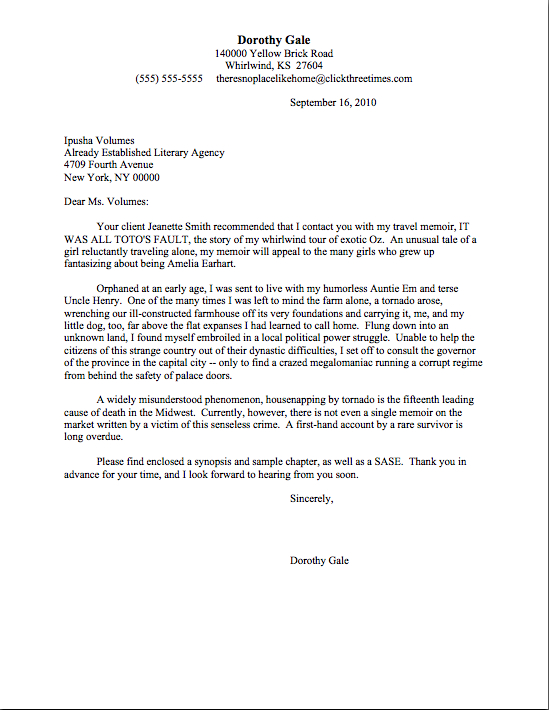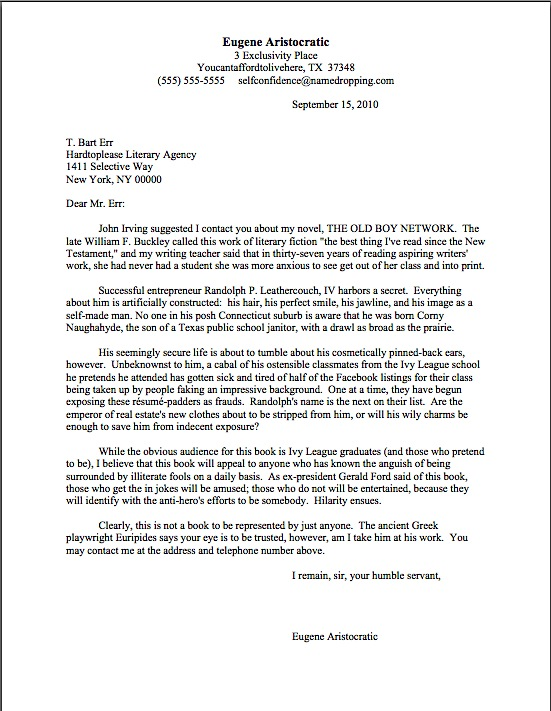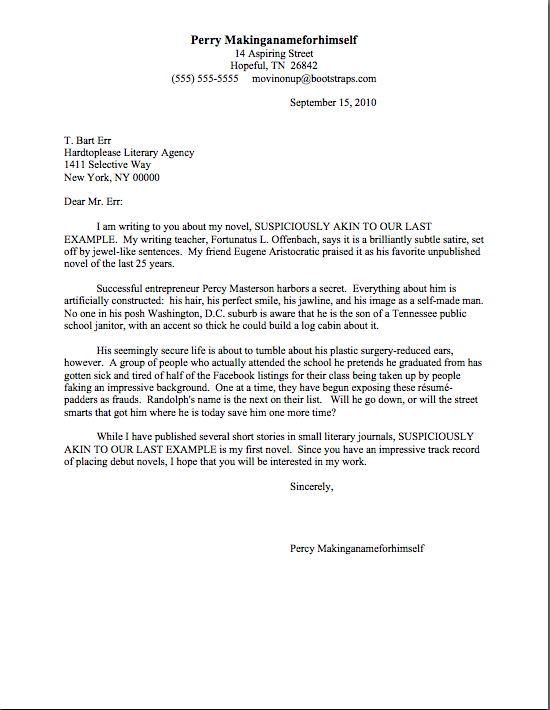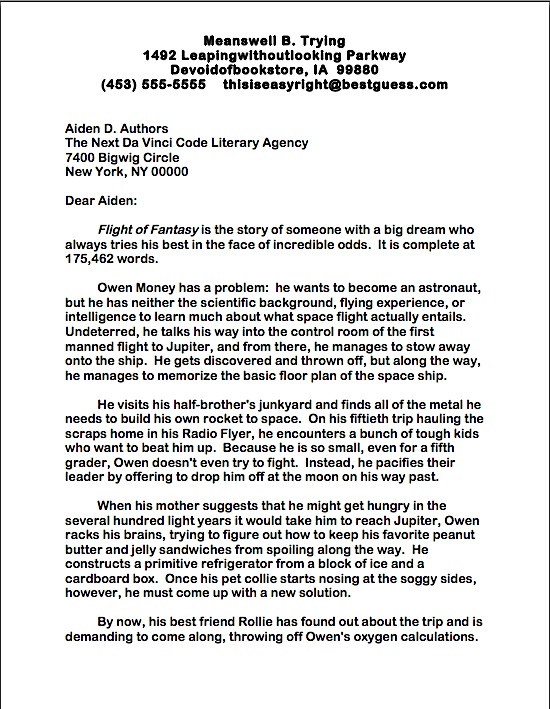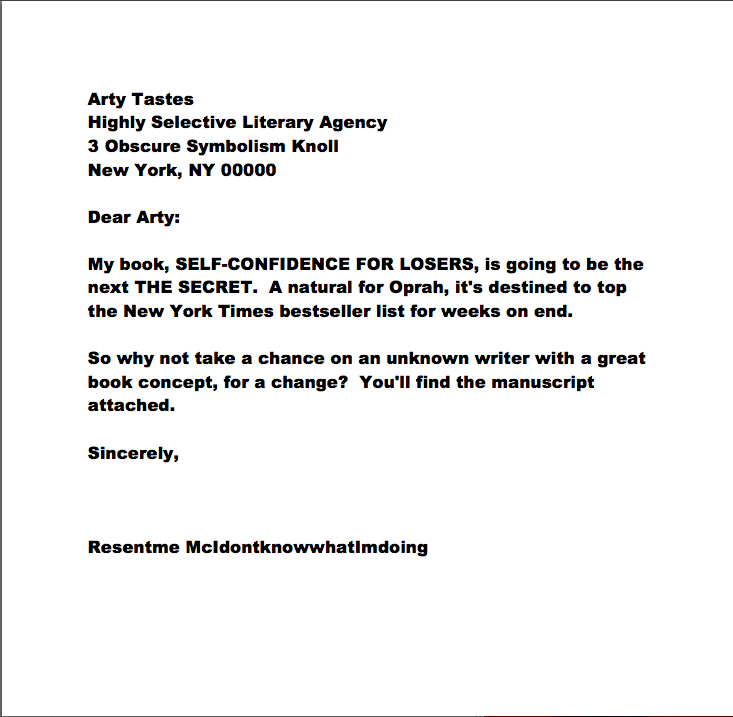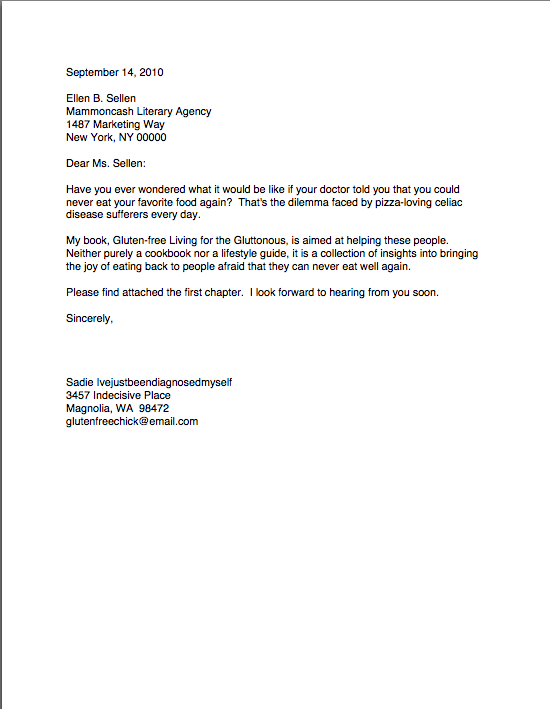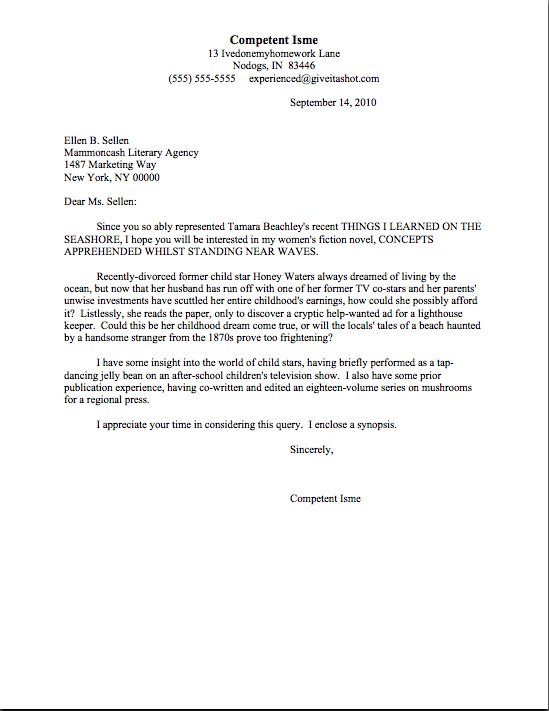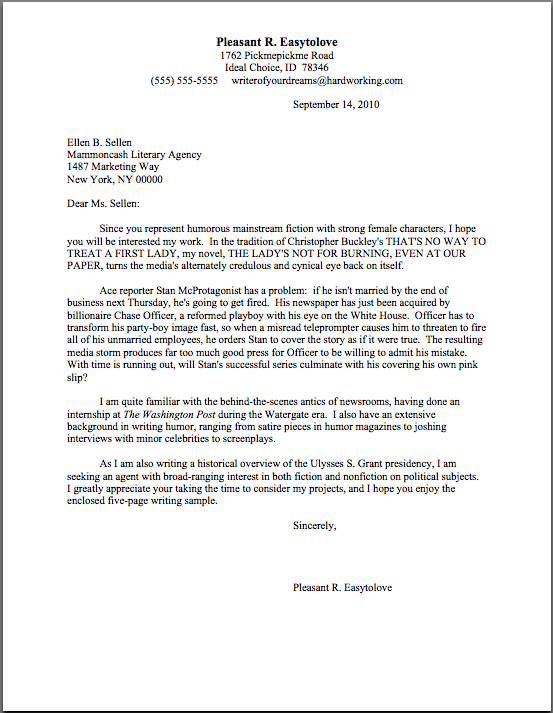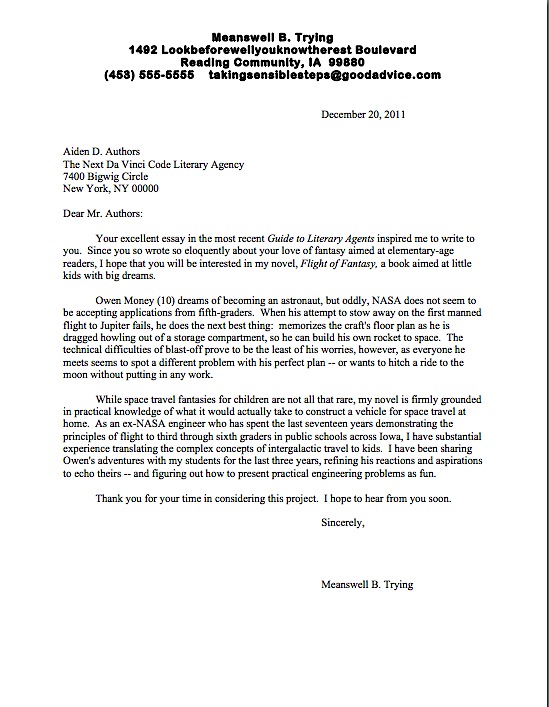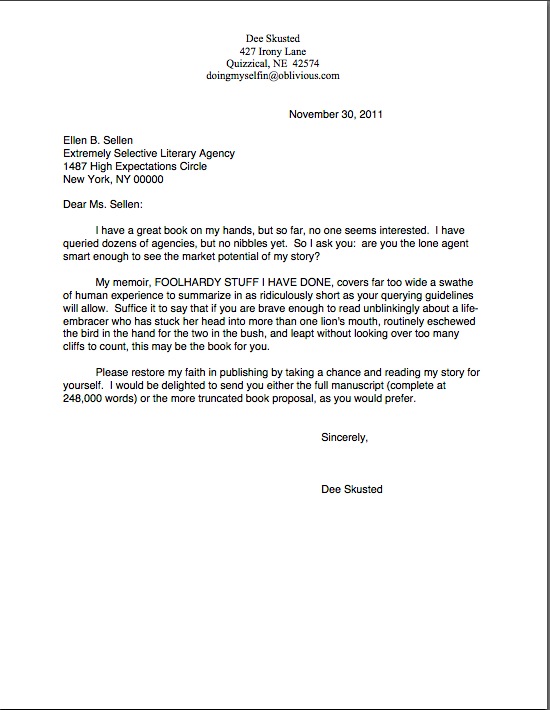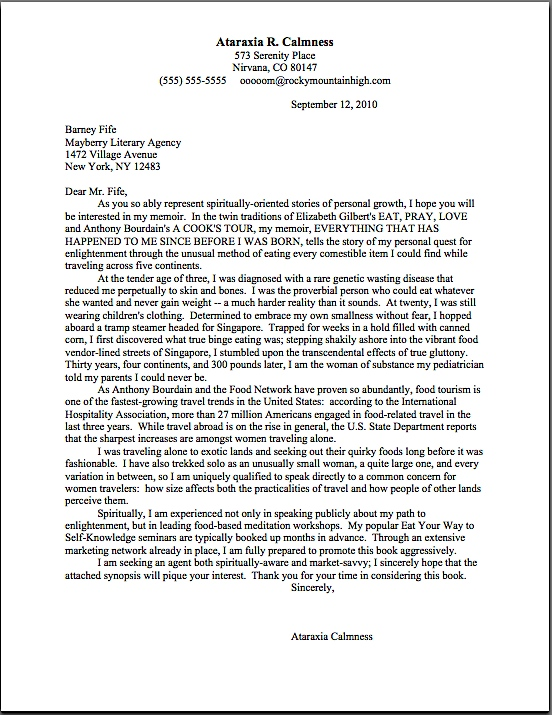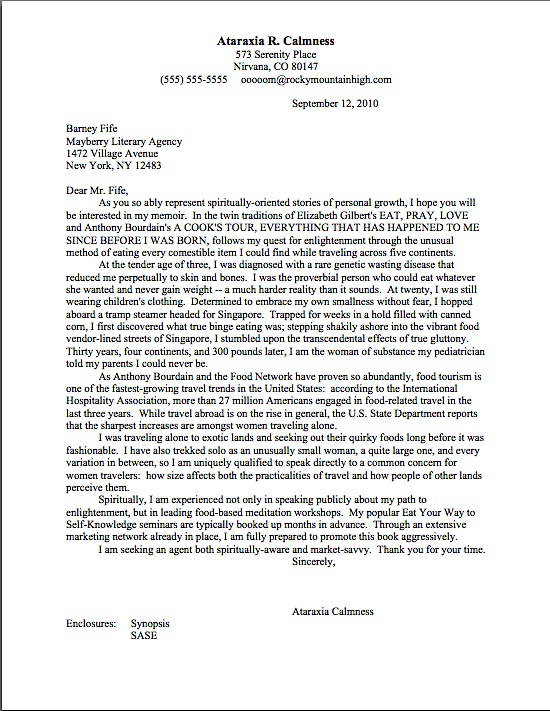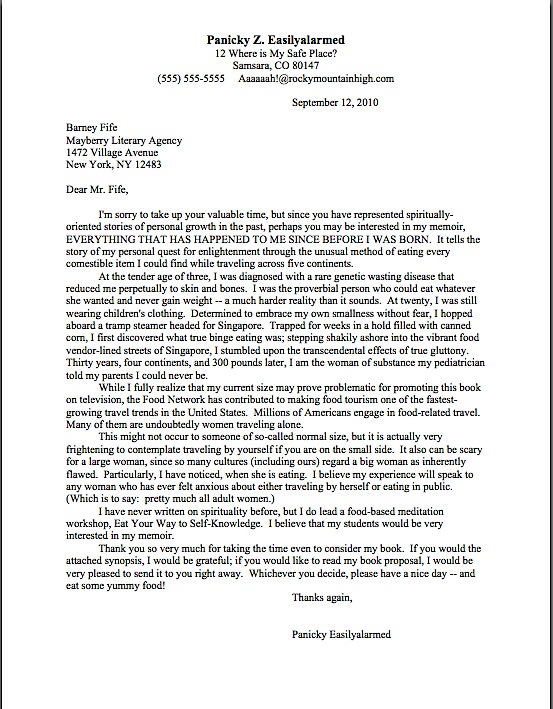
Happy Memorial Day weekend, U.S.-based readers! Since one of the many, many sacrifices those of us devoted to the difficult task of self-expression routinely make is to trade what other folks might do with their long weekends for gloriously uninterrupted hours of writing — or, better yet, revising! — I thought you might appreciate a glimpse of the world outside your writing studios. Now get back to work!
Actually, I have an ulterior motive for opening with that photo: as I’m certainly not going to be the first to point out, those of us who read manuscripts for a living are noted for looking not just at the big picture — is this an interesting story? Does it grab the reader from the get-go? And the question dear to writers everywhere, is it well-written? — but also at the granular level. It also probably won’t stop the presses to point out that the notoriously close reading any given manuscript has to survive in order to be seriously considered for publication tends to come as a great, big, or even nasty surprise to a lot of first-time submitters. And don’t even get me started on how many literary contest entrants seem to operate on the assumption that contest judges are specifically selected for their propensity to read with a charitable eye.
Does that giant gasp I just heard indicate that some of you fine people have been laboring under one or both of those impressions, or is somebody about to go for a nice, leisurely swim? If it’s the former, you’re definitely not alone: all too often, talented writers new to the game rush their manuscripts out the door the instant after they’ve typed the last page, presumably in the fond hope that all agents, editors, and contest judges are such lovers of literature that they will judge the book by nothing but how well it’s written. And possibly, to a lesser extent, by the inherent interest of the story.
Or so Millicent the agency screener must surmise from how many of those submissions apparently have not been spell-checked. Or grammar-checked. Or even read through since the last revision, because how else could the writer not have noticed that several words seem to have dropped out of that sentence on page 33?
Oh, stop groaning. Don’t you want your future agent and acquiring editor to fall so in love with your writing that they examine it from every angle, down to the last grain of sand?
Before I take that resounding, “Heavens, no!” for an unqualified yes, let me hasten to remind you that in the long run, it truly is better for your book if the agent of your dreams (and Millicent, the stalwart soul s/he has entrusted to narrowing the thousands of queries and hundreds of submissions a good agent receives to the handful that s/he would actually have time to read without sacrificing the book-selling side of the job entirely) pays attention to the little stuff. Why? Well, let me put it this way: if Millicent’s eye may legitimately be called nit-picky, a good acquiring editor’s peepers should be regarded as microscopic.
Oh, you thought it was easy to read closely enough to catch that the narrative has used the same image on page 12 and page 315? Or that the writer fell so in love with the word verdant that it appears every time that anything vaguely green flashes by the reader’s consciousness? In a book about lawn care?
So if this series’ focus upon the little visual details has occasionally seemed a trifle, well, obsessive, congratulations — you’re gaining real insight into what professional readers are trained to do. And think about it: if Millicent and her ilk must pay such close attention to the text, how likely are they to catch any formatting glitches?
Uh-huh. Hard to miss that sea anemone lying on the sand, isn’t it?
In order to give you a Millicent’s-eye view of your manuscript, for the past few posts in this series, we’ve been comparing manuscripts in standard format with improperly-formatted ones. Yes, it’s been a lengthy slog, but hands up, those of you who have never had the opportunity to see a manuscript that actually got picked up by an agent and published by a traditional house up close and personal.
See, I told you that you were not alone. Quite the forest of hands, isn’t it?
In my experience, most rookie submitter mistakes arise not merely from simple ignorance of the strictures of standard format, but from the low-level panic that comes from having to guess whether one is performing the secret handshake correctly. The better an aspiring writer understands the rules, the less guesswork is involved. It may not eliminate the stress of submission entirely, but it does at least remove one of the most common stressors from the mix.
Okay, so it’s not what the average would think of as a little light weekend recreational stress release. Were you under the impression that being a brilliantly incisive observer and chronicler of the human condition was ordinary?
Which is why I’m completely confident that you’re up to the challenge of thinking of your writing on several levels simultaneously. Particularly when, like the savvy submitter that you are, you are reading your ENTIRE manuscript IN HARD COPY and OUT LOUD before sending it to anyone even vaguely affiliated with a literary contest or the publishing industry. Lest we forget, it’s much, much easier to catch formatting issues, typos, and logic problems that way.
Do I sense that simmering resentment at how hard it is for a new writer to break into print beginning to bubble up to the surface? “But Anne!” I hear aspiring writers everywhere shout, and who could blame you? “I don’t have a problem with making my manuscript ship-shape on a writing level before passing it under Millicent’s critical spectacles. Granted, revision can be a trifle irritating, but what really irks me is that after I’ve done it, that lovingly worked and reworked prose could be knocked out of consideration because of some arbitrary expectations about how professional book manuscripts should look on the page. Isn’t that just an annoying additional hoop through which I’m expected to leap, and don’t I have every right to resent it?”
Well, not exactly, bubblers-up. As we’ve been discussing, the rules of standard format actually are not arbitrary; most of them have a strong practical basis that might not be readily apparent from the writer’s side of the submission desk. Let’s take, for instance, the relatively straightforward requirements that manuscripts should be entirely typed, double-spaced, and have 1-inch margins all the way around.
I hear some of you snickering, but Millicent regularly reads submissions that do not conform to standard format in one or even all of these respects. It’s not unheard-of for diagrams to be hand-drawn, pages hand-numbered, or for late-caught typos to be corrected in pen. Or for an e-mailed query to an agency that asks to see the first few pages to be single-spaced — because that’s the norm for an e-mail, right?
Let’s take a peek at why all of those rules necessary, from a professional point of view. For continuity’s sake, let’s once again call upon our old friend Charles Dickens again to see what a page of a manuscript should look like — actually, since we’ve been looking at so many first pages lately, let’s live dangerously, shall we? Here are pages 1 and two.
Relatively easy to read, isn’t it? (Assuming that you find it so, of course. If it’s too small to read easily on your browser, try holding down the COMMAND key and hitting + until the type is large enough to read comfortably.)
To give you some idea of just how difficult it would be to screen, much less hand-edit, a manuscript that was not double-spaced or had smaller margins, take a gander at this little monstrosity. To render it an even better example of what makes Millicent’s optician rend his garments in despair, I’ve gone ahead and submitted a fuzzy photocopy, rather than a freshly-printed original.
I believe the proper term for this is reader-hostile. Even an unusually patient and literature-loving Millicent would reject a submission like this immediately, without reading so much as a word. As would, more often than not, Mehitabel.
And honestly, can you blame them?
Did I hear a few spit-takes after that last set of assertions from those of you joining us in mid-argument? “My goodness, Anne,” sputter those of you wiping coffee, tea, or other beverage of your choice off your incredulous faces, “why would any sane person consider presentation violations that serious an offense? It is, after all, precisely the same writing. Sure, it’s a little harder to read, but if it’s an e-mailed submission, Millicent could just expand the image. And it’s not as though Millicent’s boss, the agent of Charles’ dreams, couldn’t just ask him to reformat it.”
Yes on both counts, but surely you can appreciate why the Charles who submitted that last page would strike anyone accustomed to handling manuscripts as a much, much more difficult writer to work with than the Charles behind our first set of examples. The latter displays a fairly significant disregard for not only the norms of standard format, but also the optical comfort of the reader. Not to mention just shouting, “Hey, I don’t expect any feedback on this, ever!”
Oh, you didn’t spot that? Anyone who handles manuscripts for a living would. Even with nice, empty page backs upon which to scrawl copy edits, trying to cram spelling or grammatical changes between those lines would be well-nigh impossible. Knowing that, Millicent would never dream of passing such a manuscript along to the agent who employs her; to do so would be to invite a stern and probably lengthy lecture on the vicissitudes of the life editorial — and that fact that, despite impressive innovations in technology, intensive line editing a single-spaced document in either hard or soft copy is well-nigh impossible.
Too hard on the eyes — and where on earth would the comments go on the hard copy?
Don’t tempt her to reject your submission unread — and don’t even consider, I beg of you, providing a similar temptation to a contest judge. Given the sheer volume of submissions Millicent reads, she’s not all that likely to resist. The contest judge, on the other hand, will be specifically instructed not to resist at all.
Yes, really. Even if the sum total of the provocation consists of a manuscript that’s shrunk to, say, 95% of the usual size, Mehitabel is likely to knock it out of the running on sight.
Are some of you are blushing? Perhaps some past contest entrants and submitters who wanted to squeeze in a particularly exciting scene before the end of those requested 50 pages?
No? Let me fill you in on a much-deplored practice, then: faced with a hard-and-fast page limit, some wily writers will shrink the font or the margins, to shoehorn a few more words onto each page. After all, the logic runs, who is going to notice a tenth of an inch sliced off a left or right margin, or notice that the typeface is a trifle smaller than usual?
Millicent will, that’s who, and practically instantly. As will any reasonably experienced contest judge; after hours on end of reading 12-point type within 1-inch margins, a reader develops a visceral sense of roughly how many characters fit on a properly-formatted page.
Don’t believe me? Go back and study the correctly formatted page 2 in our first example. Then take a gander at this wee gem of tricky intent:
Admit it: you can tell it’s different, can’t you, even without whipping out a ruler? Yet I shaved only one-tenth of an inch off each margin and shrunk the text by 5% — far, far less of a reduction than most fudgers attempt when, say, they’re trying to fit 26 pages of manuscript into a contest entry with a 25-page limit. So how likely is this little gambit to pay off for the submitter?
Exactly. Amazingly enough, people who read for a living very seldom appreciate attempts to trick them into extraneous reading. No matter how much Charles felt that last example added life to his opening — or how right he was about that — Millicent will simply notice that he tried to cheat in order to get more of his words in front of her eyeballs than writers conscientious enough to follow the rules. Next!
The same principle applies, incidentally, to query letters: Alarmingly often, aspiring writers, despairing of fitting a coherent summary of their books within the standard single page, will shrink the margins or typeface on a query. “What’s two tenths of an inch?” they reassure themselves. “And honestly, who is going to be able to tell the difference between 12-point type at 99%, rather than 100%?”
Help yourself to a gold star for the day if you immediately answered: “Someone who reads queries all day, every day. And two-tenths of an inch all around can, as Uncle Charles has just demonstrated, add up to a great deal more text on a page.”
Another common means of fudging spacing: incomplete adherence to the rules bout skipping spaces after periods and colons. Specifically, skipping two spaces (as tradition requires) in most instances, but omitting the second space when doing so would make the difference between a paragraph’s ending with a single word on the last line and being able to use that line to begin a new paragraph.
Shame on you, those who just bellowed, “Wow, that’s a great idea — over the course of an entire chapter, that might free up a page of text for my nefarious purposes!” Don’t you think inconsistent spacing is the kind of thing a reader trained to spot textual oddities might conceivably notice?
And for good reason: waffling about how often to hit the space bar can be a tell-tale sign that a writer isn’t altogether comfortable with writing in standard format. Such a writer’s work would, presumably, need to be proofread for formatting more closely than other agency clients’ work, would it not? And that in turn would mean that signing such a writer would inevitably means devoting either unanticipated staff time to double-checking his manuscripts or training in the delights of consistent rule application, right?
Those rhetorical questions would be equally applicable whether the agency in question happened to favor either the two-space or one-space convention, incidentally. Consistency is the key to proper manuscript formatting, after all, and all the more likely to be valued if an agency’s guidelines ask for something specific in a submission.
Why? Well, think about it: when you first thought about querying and submitting, would it have occurred to you to check each and every agency’s website (if it has one; not all do, even at this late date) for submission guidelines? So if you were the Millicent screening manuscripts for an agent with a desperate aversion to that second space after the comma (she had a nasty run-in with a journalist on a cross-country flight , perhaps; he may have menaced her with a copy of the AP’s formatting guidelines), and your boss had been considerate enough to post a reference to that aversion on the agency’s website, on her blog, and in 47 online interviews, wouldn’t that be one of the first things you looked for in a submission?
Let’s all chant it together, shall we? If an agency or publishing house’s submission guidelines ask for something specific, for heaven’s sake, give it to them. But don’t generalize that individual preferences to the entire industry, okay? And if they don’t express a preference, stick to standard format.
Yes, regardless of what you may have heard online about how nobody is using double-spacing after periods and colons in book manuscripts anymore. It’s simply not true that it’s generally an instant-rejection offense, on the grounds that manuscripts including the second space look hopelessly old-fashioned to agents and editors.
Well, guess what, cookie — standard manuscript format is old-fashioned, by definition. That doesn’t seem to stop most of the currently-published authors of the English-speaking world from using it. In fact, in all of my years writing and editing, I have never — not once — seen an already agented manuscript rejected or even criticized for including the two spaces that English prose requires after a period or colon. Possibly because those that feel strongly about the single-space convention tend to be up front about not being likely to fall in love with submissions featuring what they perceive to be extra spaces.
I have, however, heard endless complaint from professional readers about those second spaces being omitted. Care to guess why?
If you said that cutting those spaces throws off word count estimation, clap yourself heartily on the back: standard estimates assume those doubled spaces. (If you don’t know how and why word count is tallied, please see the HOW TO ESTIMATE WORD COUNT — AND WHY category on the archive list at right.) Give yourself a nice, warm hug if you also suggested that omitting them renders a manuscript harder to hand-edit. Because we all know about the lecture Millicent is likely to get if she forgets about that, right?
I can sense blood pressure rising over this issue, but honestly, inconsistent application of either rule is far more likely to raise red flags with Millicent than clinging like an unusually tenacious leech to either the one- or two-space convention. Particularly if that inconsistency — or slightly off sizing — seems to allow more words per page than is usual.
My point, should you care to know it, is that a pro isn’t going to have to look very hard at a space-deprived page to catch on that there’s something fishy going on, so let’s work a bit more to increase your visceral sense that something is wrong. Since Dickens was so fond of half-page sentences, the examples I’ve been using above won’t illustrate my next common gaffe very well.
Reaching blindly into the depths of the bookshelf next to my computer, I seem to have grabbed Elizabeth Von Arnim’s wonderful take on the Bluebeard myth, VERA. Taking a page at random, let’s take a look at it properly formatted in manuscript form.
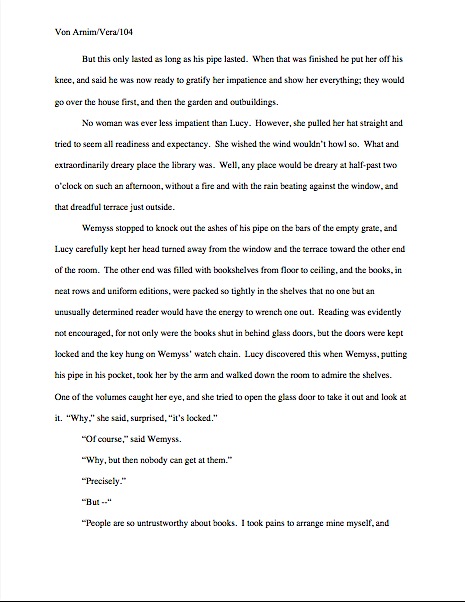
There are 310 words on this page; I wasn’t kidding the other day about how far off the standard word count estimations could be. Now cast your eye over the same text with a couple of very minor formatting alterations.
Doesn’t look significantly different to the naked eye, does it? Yet the word count is slightly lower on this version of this page — 295 words. That may not seem like a big difference, but it’s enough to make quite a difference over the course of an entire manuscript.
“But Anne,” I hear some sharp-eyed readers exclaim, “wasn’t the word count lower because there was an entire line missing from the second version?”?
Well spotted, criers-out: the natural tendency of omitting the second spaces would indeed be to allow more words per page, not less. But the scanter space between sentences was not the only deviation from standard format here; Millicent, I assure you, would have caught two others.
I tossed a curve ball in here, to make sure you were reading as closely as she was. Wild guesses? Anyone? Anyone?
The error that chopped the word count was a pretty innocent one, almost always done unconsciously: the writer apparently did not turn off the widow/orphan control, found in Word under FORMAT/PARAGRAPH/LINE AND PAGE BREAKS. As we were discussing only the other day, this insidious little function, the default unless one changes it, prevents single lines of multi-line paragraphs from getting stranded on either the bottom of one page of the top of the next.
As you may see, keeping this function operational results in an uneven number of lines per page. Which, over the course of an entire manuscript, is going to do some serious damage to the word count.
As would tinkering with the bottom margin to allow an extra line on the page. Here it is with only a minor change, a .9 inch bottom margin instead of 1 inch, a modification so minute that a non-professional reader would probably not notice that it was non-standard. To compress a bit more, let’s have only one space after each period.
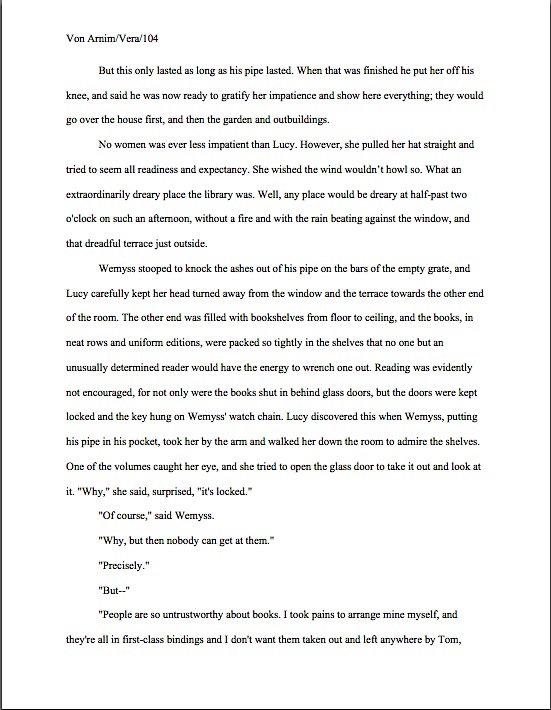
A bit claustrophobic, is it not? If you don’t find it so, consider it as Millicent would: not as an individual page, isolated in space and time, but as one of the several thousand she has read that week. Lest we forget, most of the ones she will have been taking seriously will have looked like this:

See it now? While Millicent is highly unlikely to have either the time or the inclination to whip out a ruler to check whether that bottom margin is really a full inch (although Mehitabel might), she will be able to tell that this page has more words on the page than the others she has seen that day. She might not be able to tell instantly precisely how this page has been modified, but she will be able to tell that something’s off.
“But Anne,” clever rule-manipulators all over North America shout, “I’ve been modifying my submissions this way for years, and nobody has ever called me out on it. Therefore, I do not believe it’s ever been a factor in my work being rejected — and it does allow me to stay under that all-important 400-page limit.”
Perhaps, rules-lawyers, but let me ask you a question: have you ever had such a manuscript accepted?
Well might some jaws drop. It’s an extremely common submitter’s misconception, especially amongst those brand-new to the game or who have only submitted pages as part of a query packet, rather than as requested materials, that if they were really doing something wrong, the rejecter would tell them so. And tell them what it is, naturally, so they could do better next time.
In these days of form-letter rejections — and even no-reply rejections — this is simply an unrealistic expectation. Unless an agent or editor is asking for the writer to revise and resubmit the manuscript (in itself something of a rarity these days), why would they take the time?
Well, yes, to be nice would be a perfectly acceptable response, from a writer’s perspective. If a well-established agent received only a hundred queries per month and asked for one manuscript — not all that uncommon a ratio thirty years ago — writing personalized rejections would be both kind and not unduly time-consuming. Presuming, of course, that the rejected writer of the month did not consider a detailed rejection an invitation to argue about the manuscripts merits.
Consider for a moment, though, the agent that receives hundreds of queries per day. See why kindly advice-giving rejection letters might have become something of a rarity?
Especially if the rejection reason had to do with a formatting error. Honestly, it would eat up half of Millicent’s screening day. Why? Well, most submissions contain at least one — formatting problems, like typos, grammar gaffes, and wolves, tend to travel in packs. Even with the best of wills, it would be prohibitively time-consuming for Millicent to scrawl try learning how to format a manuscript, honey.
No, regardless of whether the ultimate rejection trigger for VERA was that extra line per page, the second misspelling in paragraph 2, or a premise that Millicent has seen seventeen times that week, the reasons given for sending back the submission would probably run like this: I’m sorry, but this manuscript does not fit our needs at this time. I just didn’t fall in love with this story, and I don’t feel that I can sell this in the current tough market. Best of luck placing it elsewhere.
The moral of this sad, sad story: it seldom pays to assume that you’re doing it right just because you haven’t been told you are doing it wrong. It pays even less often to conclude from the generalities of a boilerplate rejection that there can’t have been any specific technical problem that caused Millicent, if not to reject it outright, then at least to take the submission less seriously.
Besides, another notorious agents’ pet peeve was lurking in the background — although in all probability, it would have irritated a contest judge far more than Millicent. Here’s the page again; see if you can spot it this time. Hint: it was not in the properly-formatted version.
Crown yourself with a laurel wreath if, while running your eyes thoughtfully over that last example, your peepers became riveted to the next-to-last line of the page: an emdash (–, one long line) instead of a doubled dash with spaces on either end. Here again, we see that the standards that apply to printed books are not applicable to manuscripts.
Which brings me to yet another moral for the day: just because a particular piece of formatting looks right to those of us who have been reading books since we were three doesn’t mean that it is correct in a manuscript. Or book proposal. Or contest entry.
Or a professional reader wouldn’t instantly spot a trifle imported from the wonderful world of published books. Remember, Millicent scans manuscripts all day; contest judges read entries for hours at a time. After a surprisingly short while, a formatting issue that might well not even catch a lay reader’s attention can begin to seem gargantuan.
Please don’t dismiss this as unimportant to your success as a writer. If writing is solid, it deserves to be free of distracting formatting choices. You want agents, editors, and contest judges to be muttering, “Wow, this is good,” over your manuscript, not “Oh, God, he doesn’t know the rules about dashes,” do you not?
Spare Millie the chagrin, please; both you and she will be the happier for it. Believe me, she could use a brilliantly-written, impeccably-formatted submission to brighten her possibly Dickensian day. Be compassionate toward her plight — and your submission’s, proposal’s, and/or contest entry’s. Pay close enough attention to the technical details that yours the submission that makes her say, “Oh, here is good writing, well presented.”
My, all of those individual grains of sand are attractive, aren’t they? Keep up the good work!
